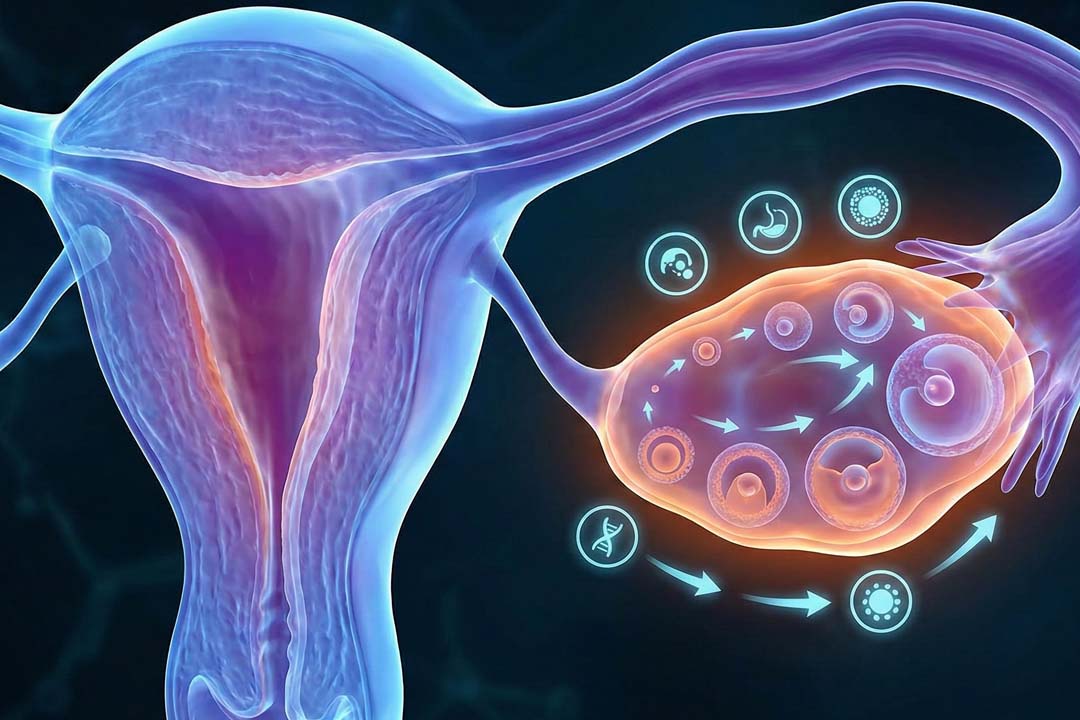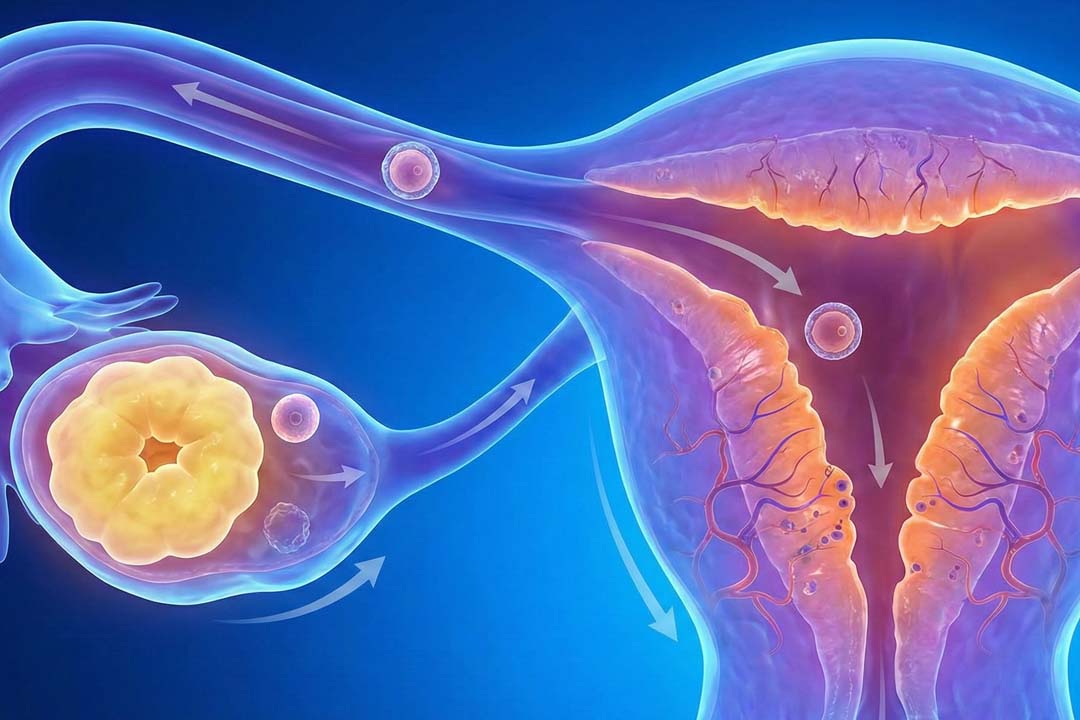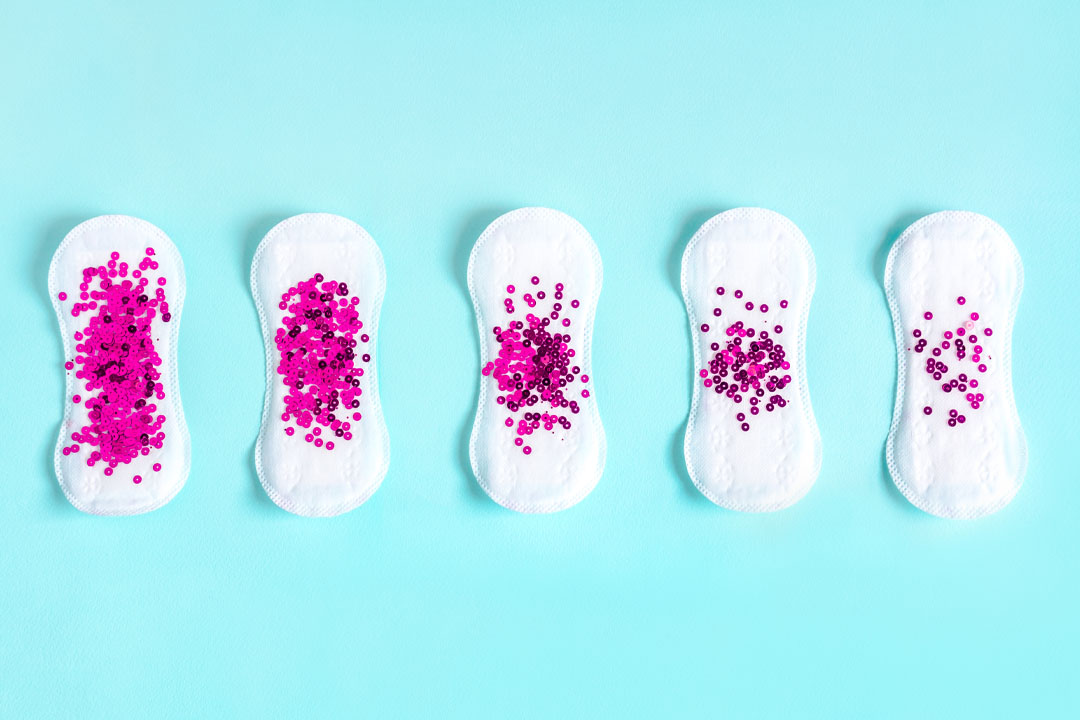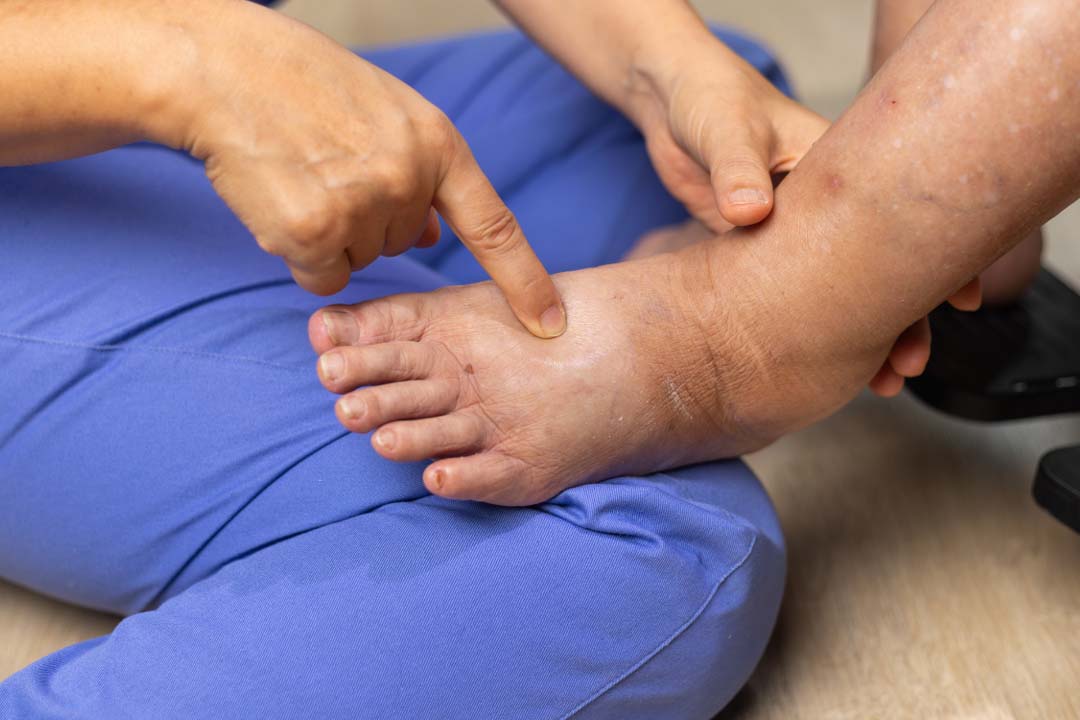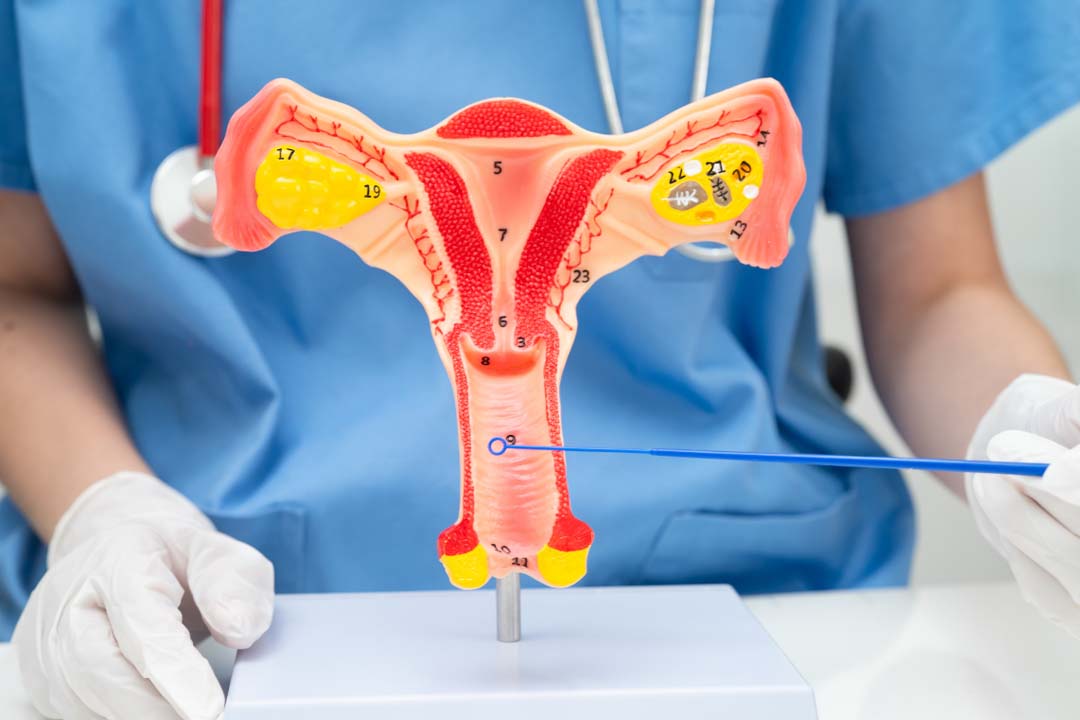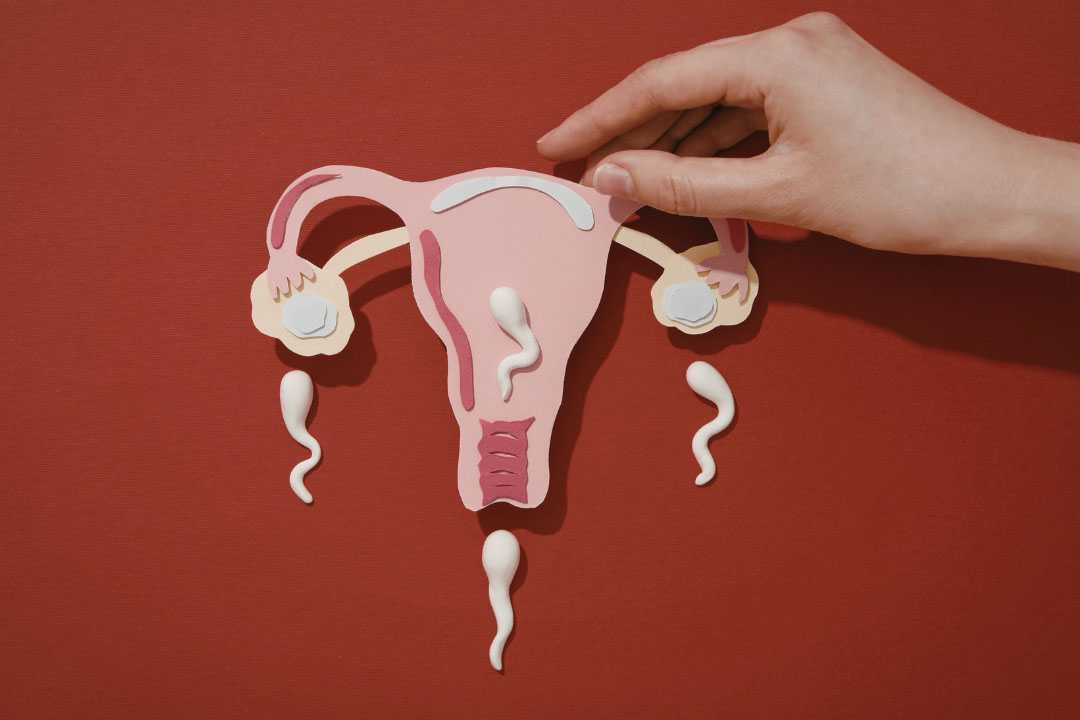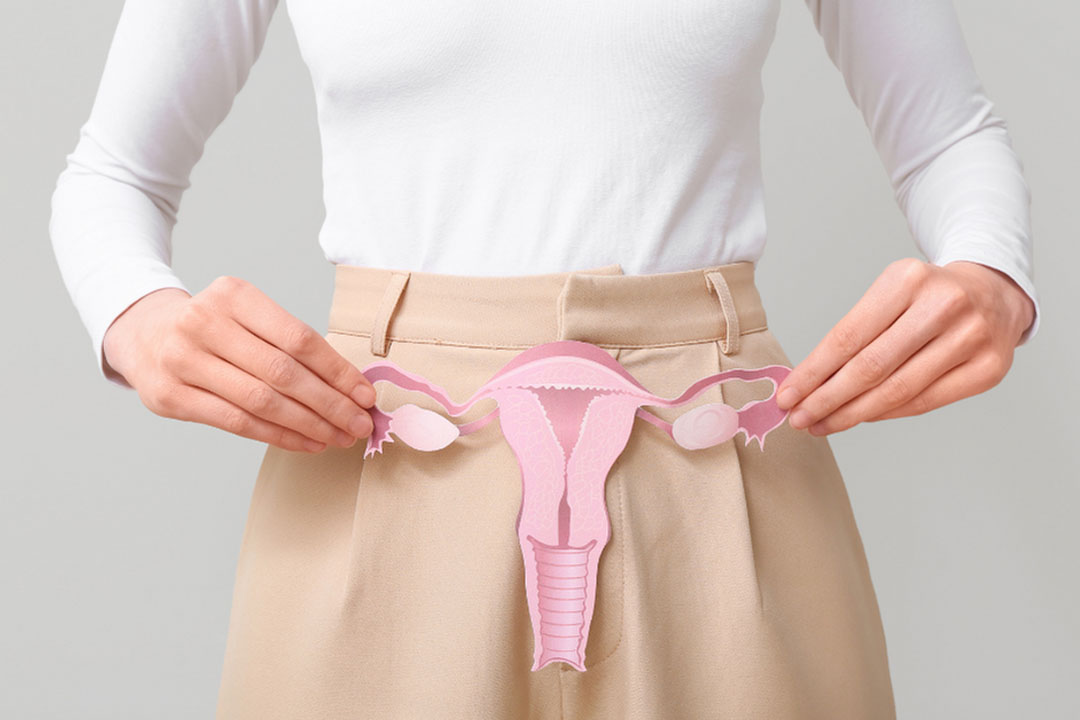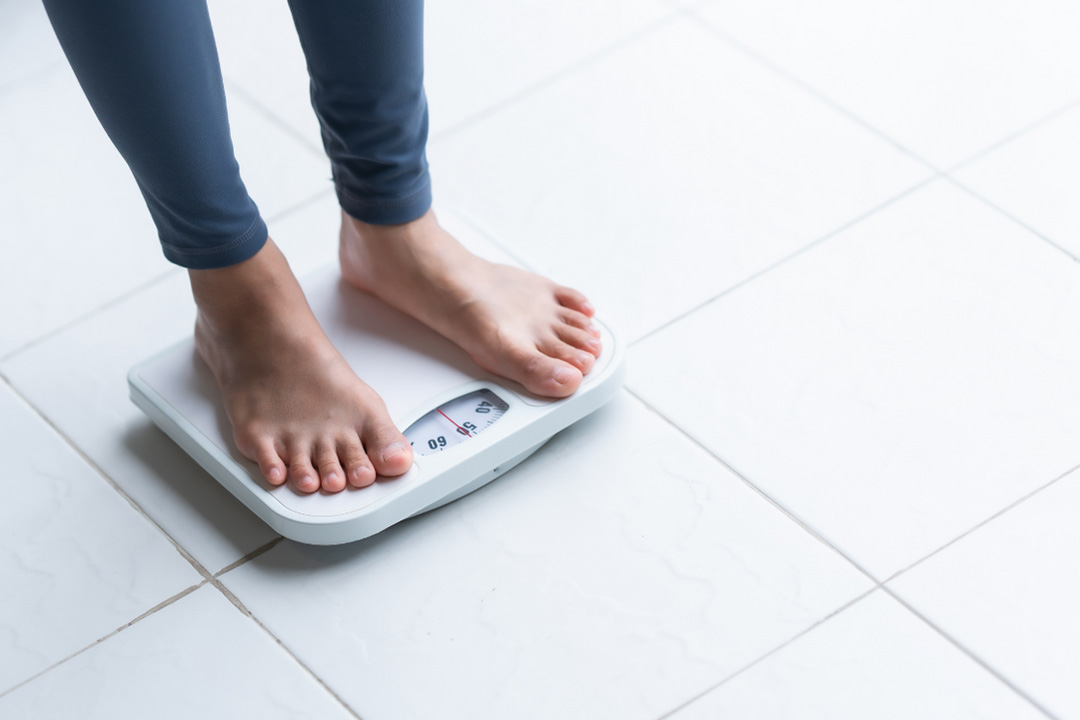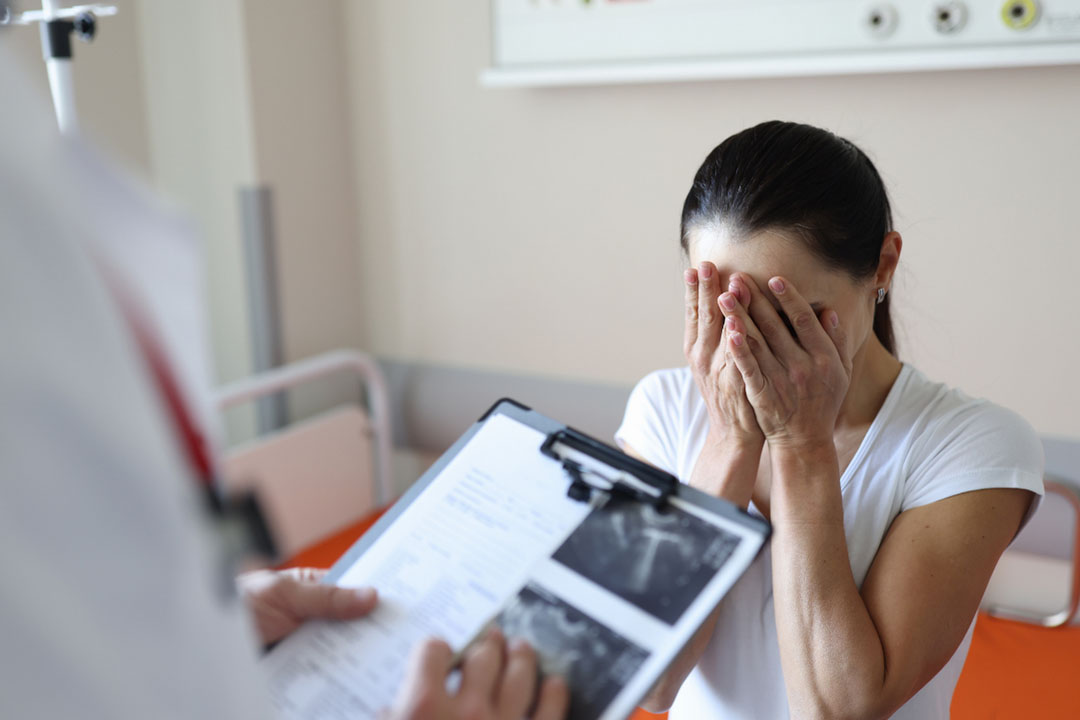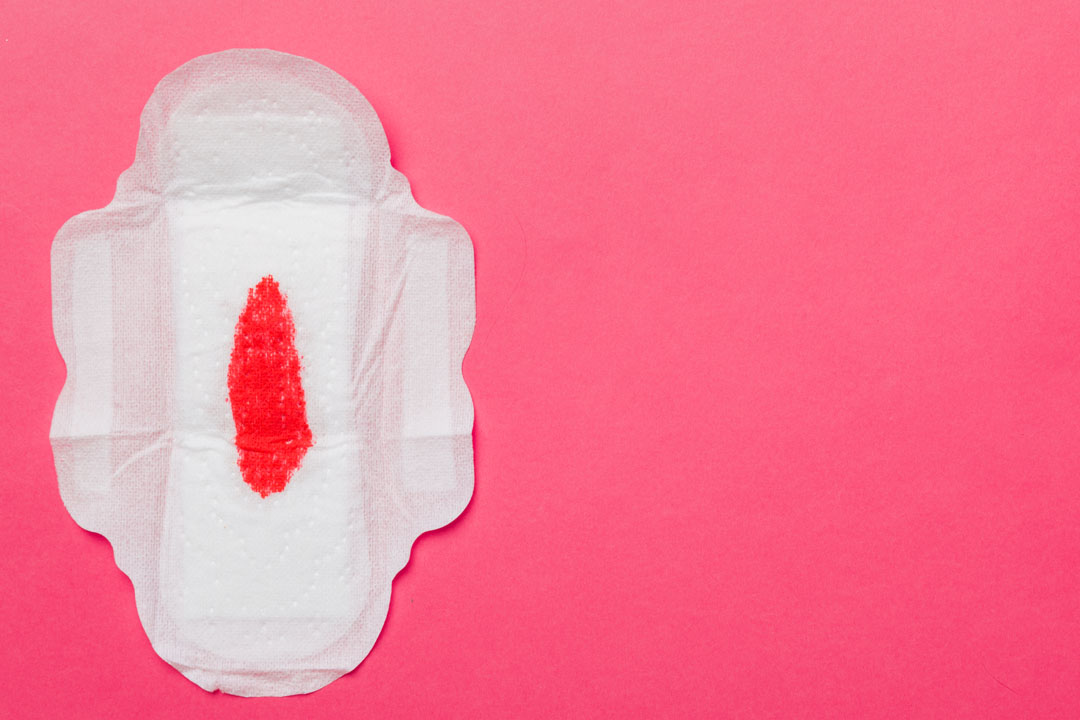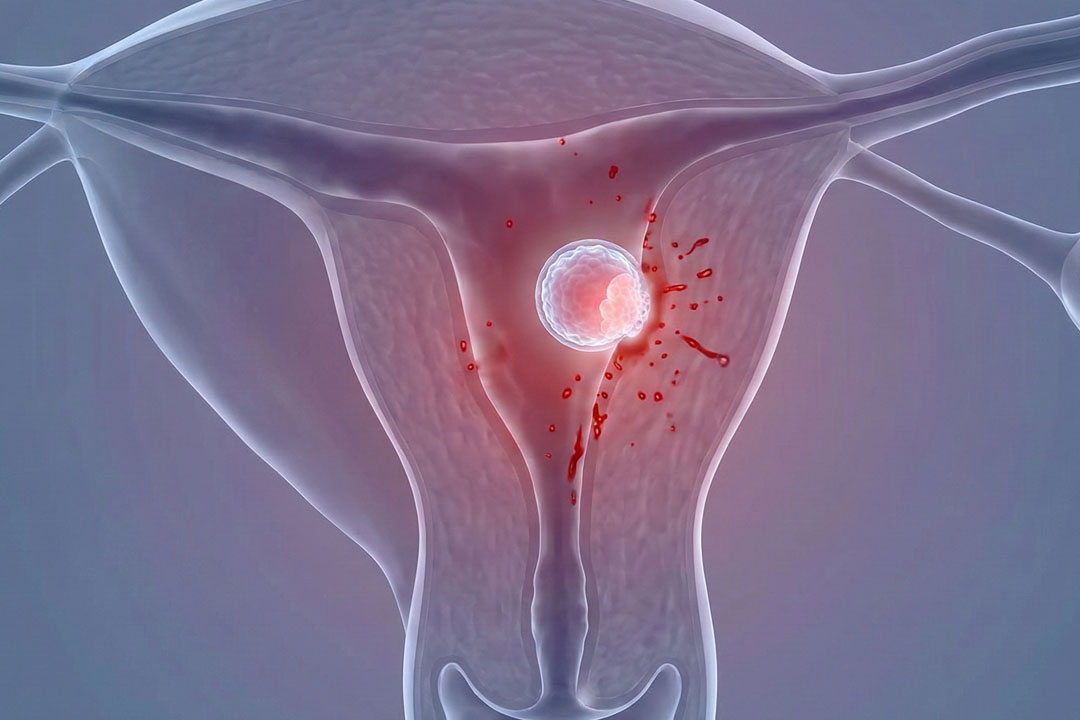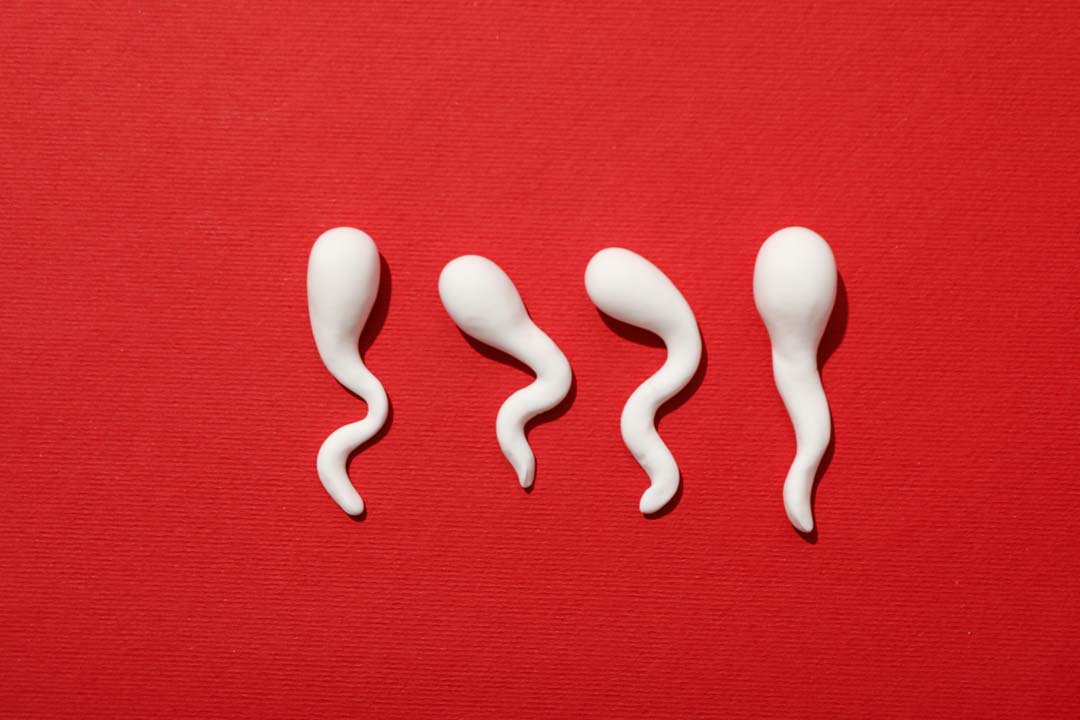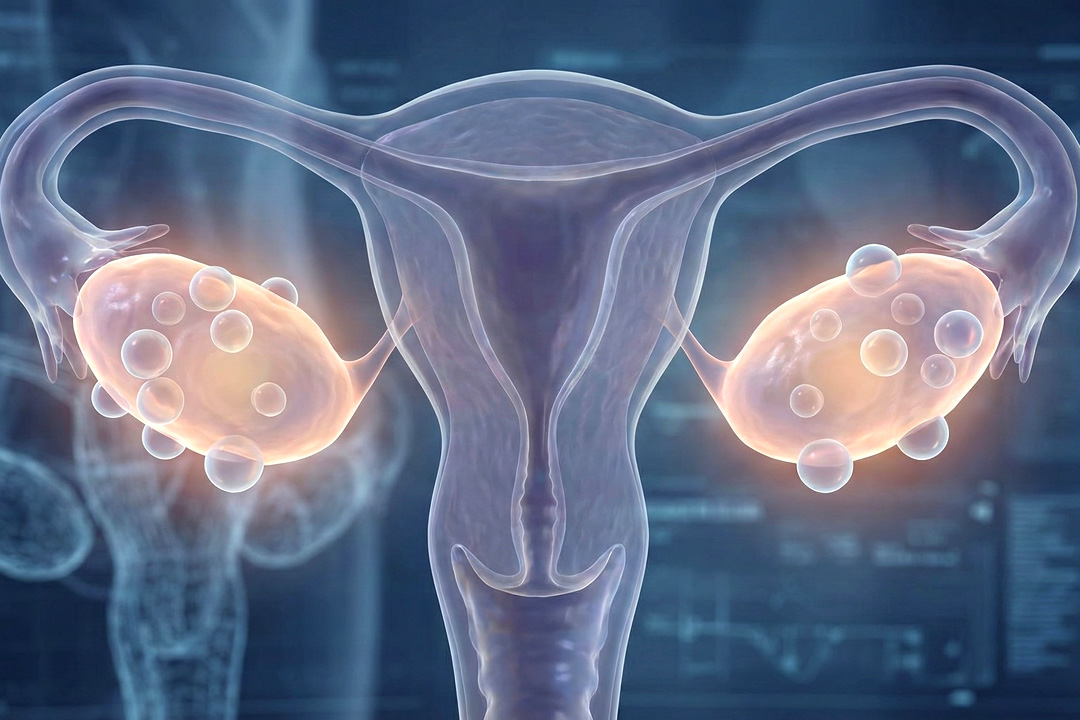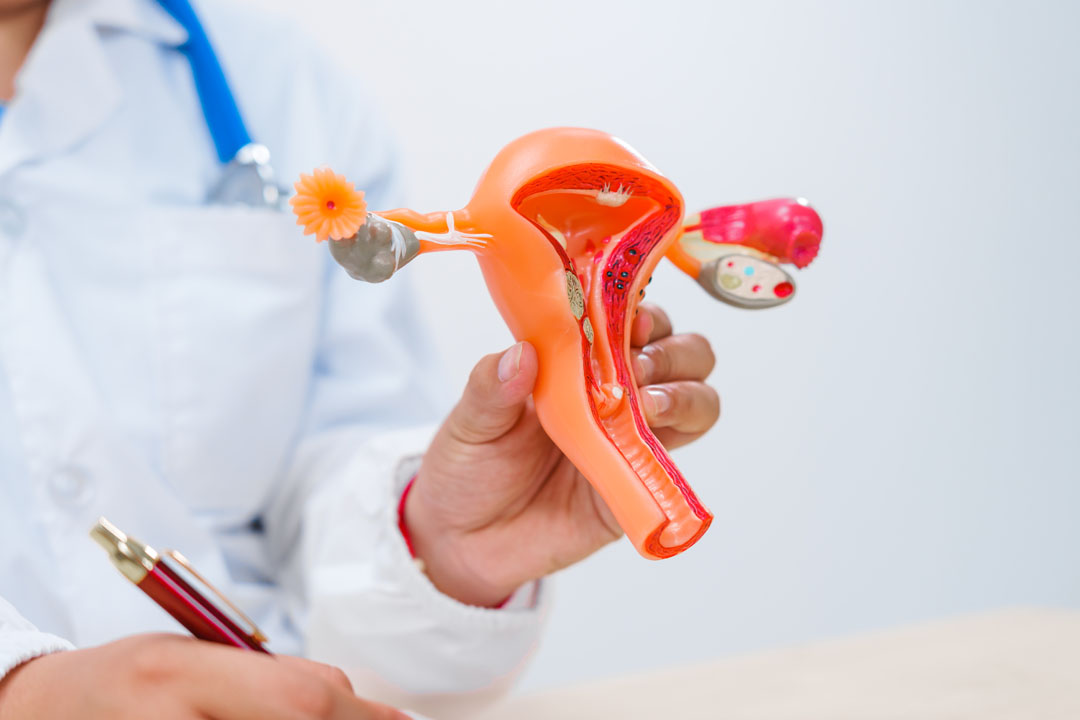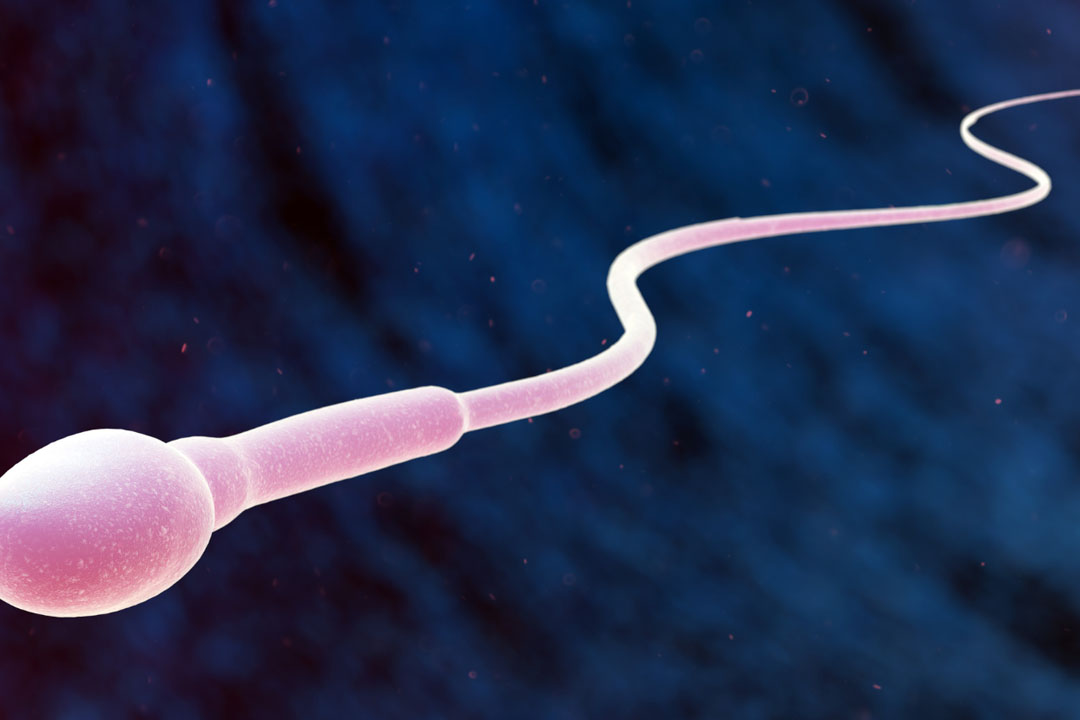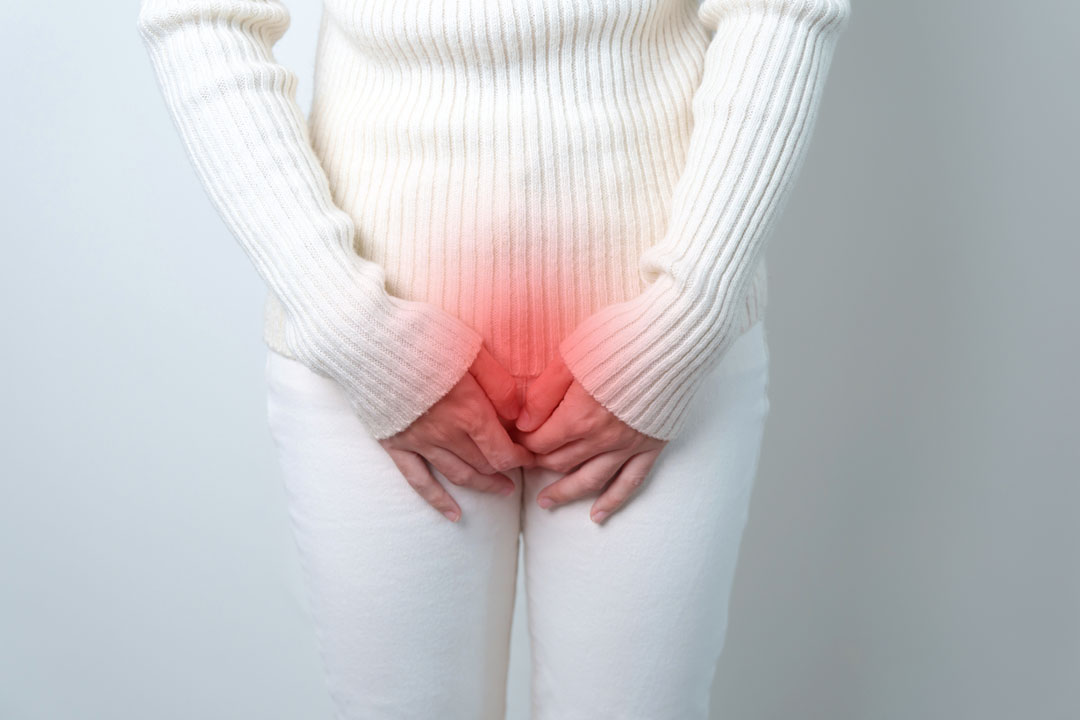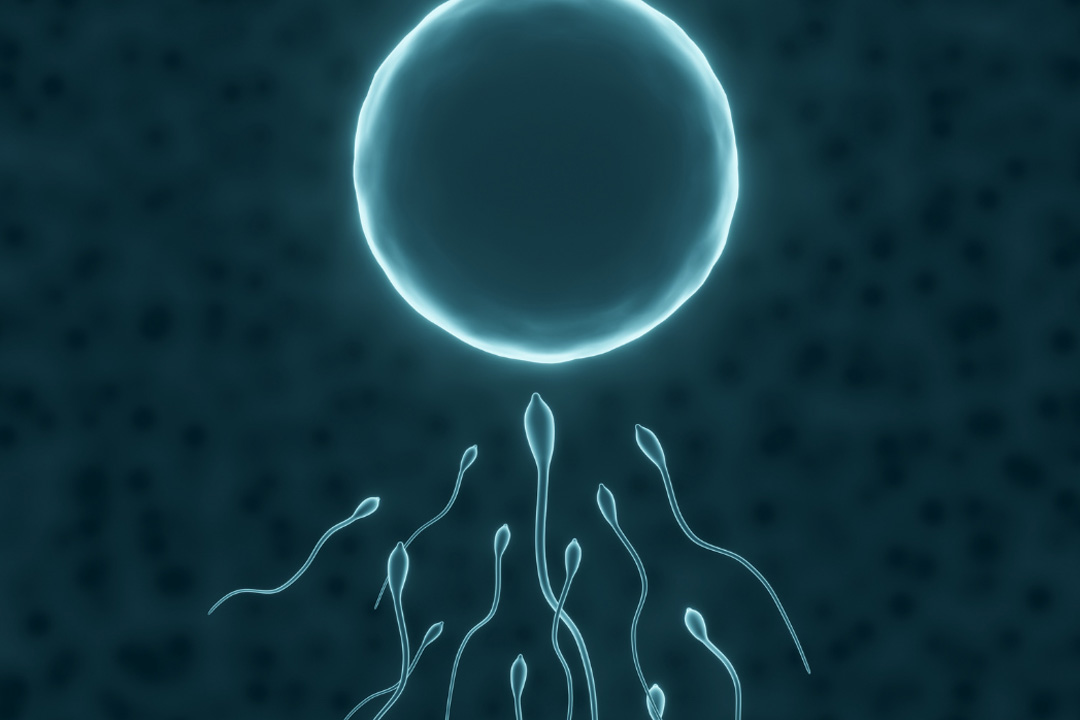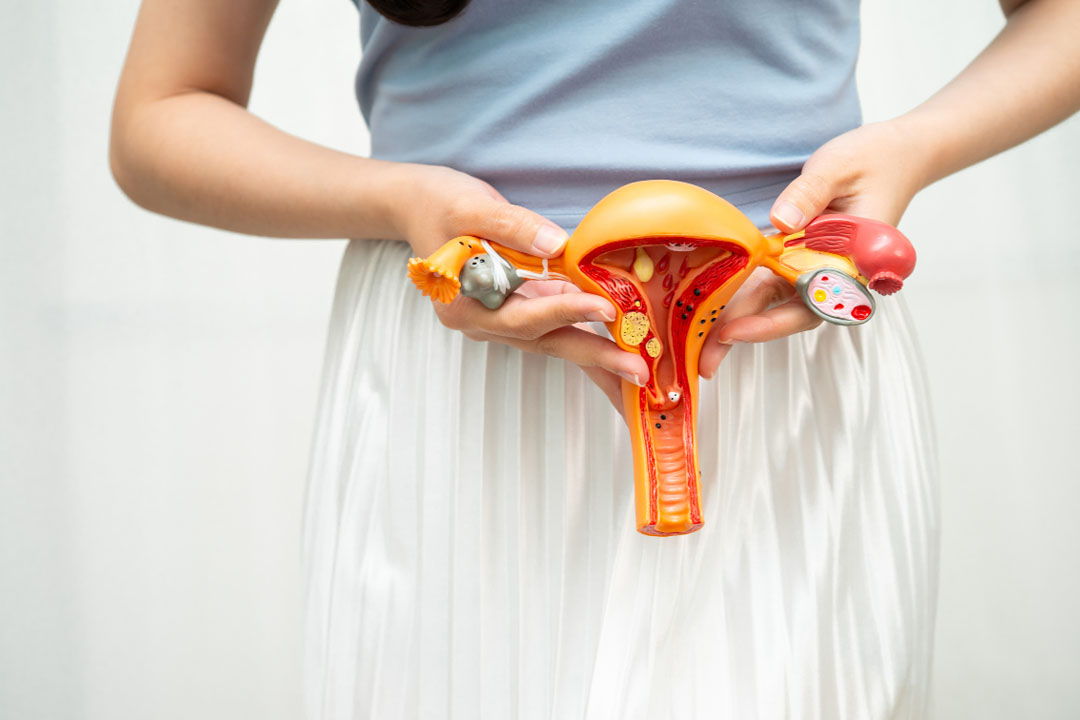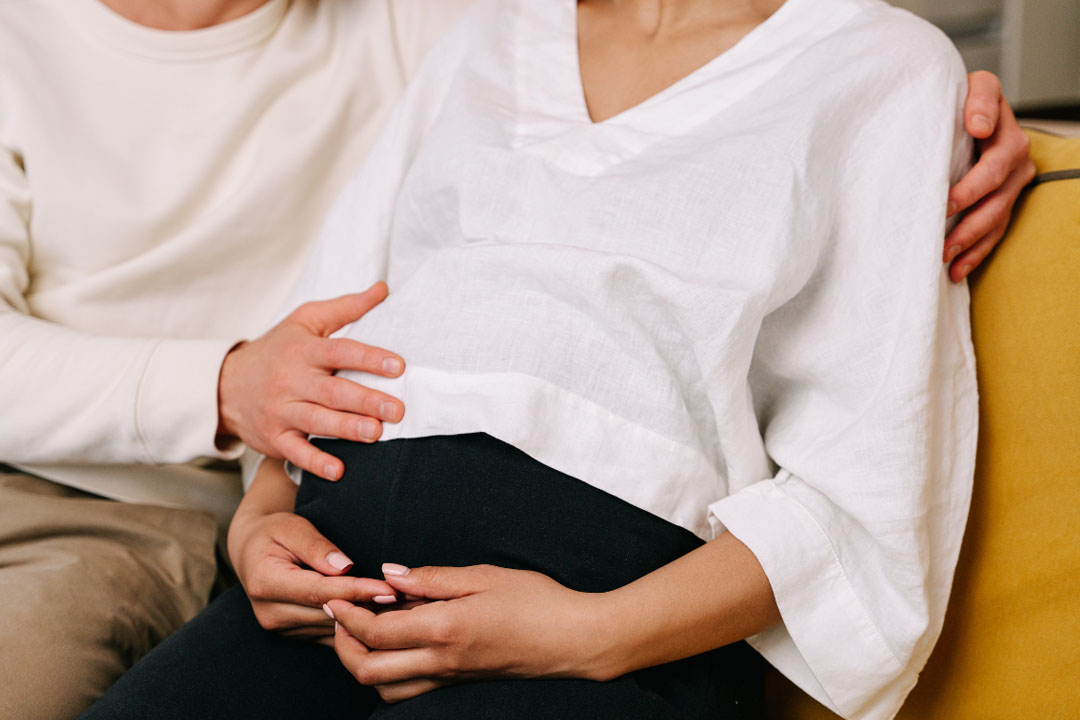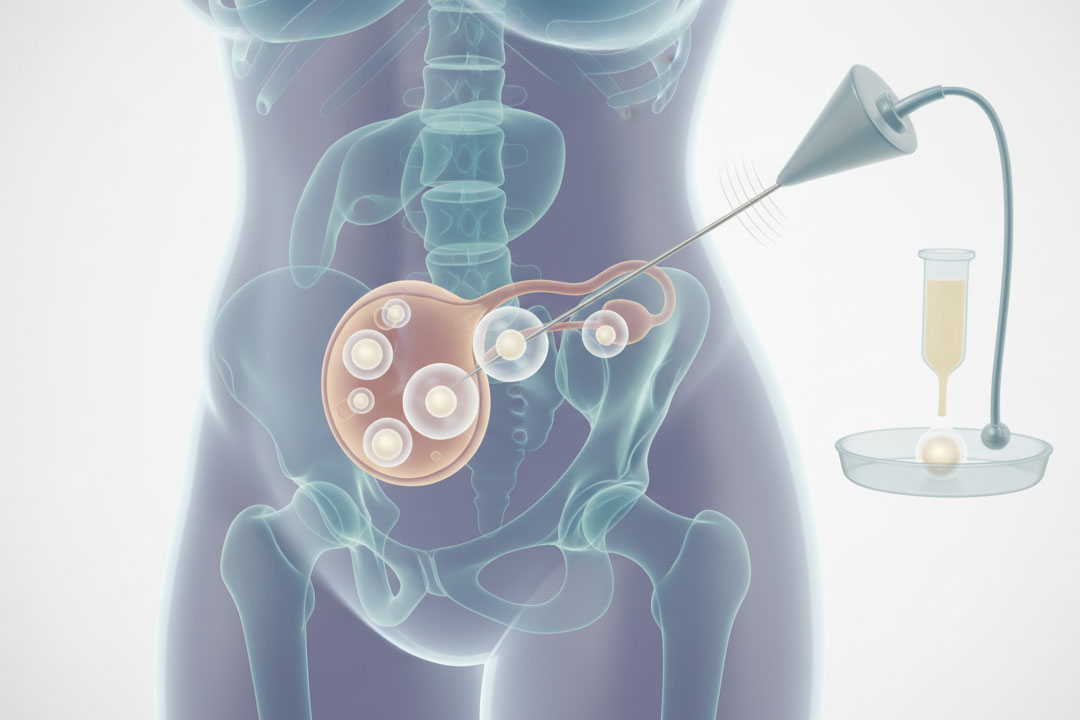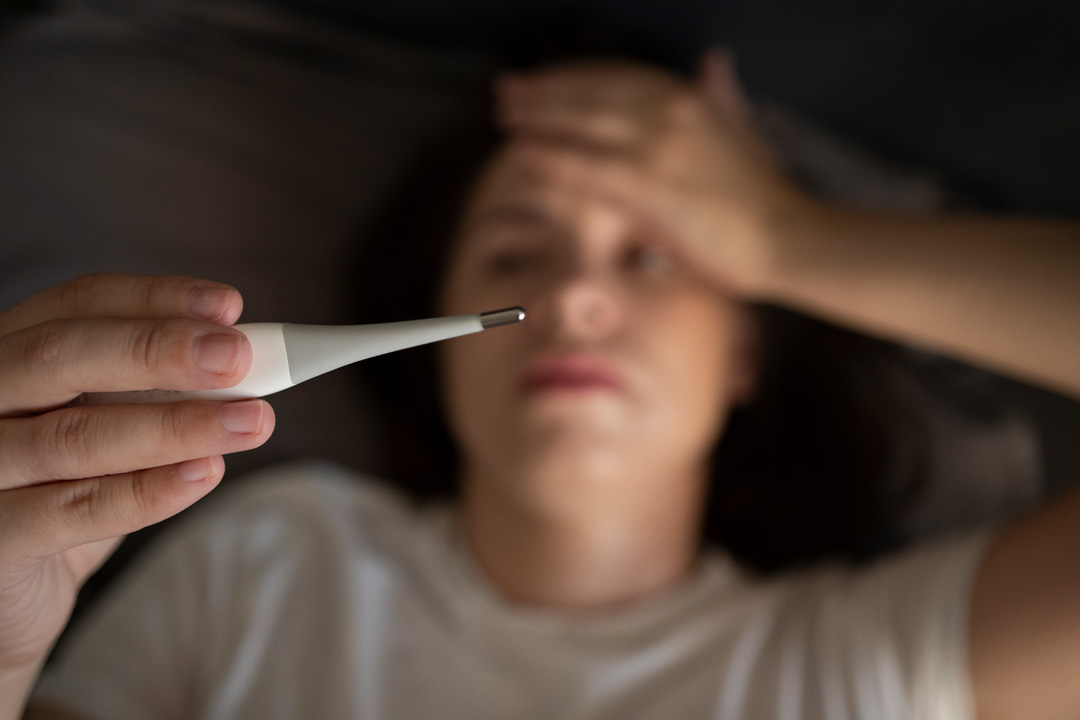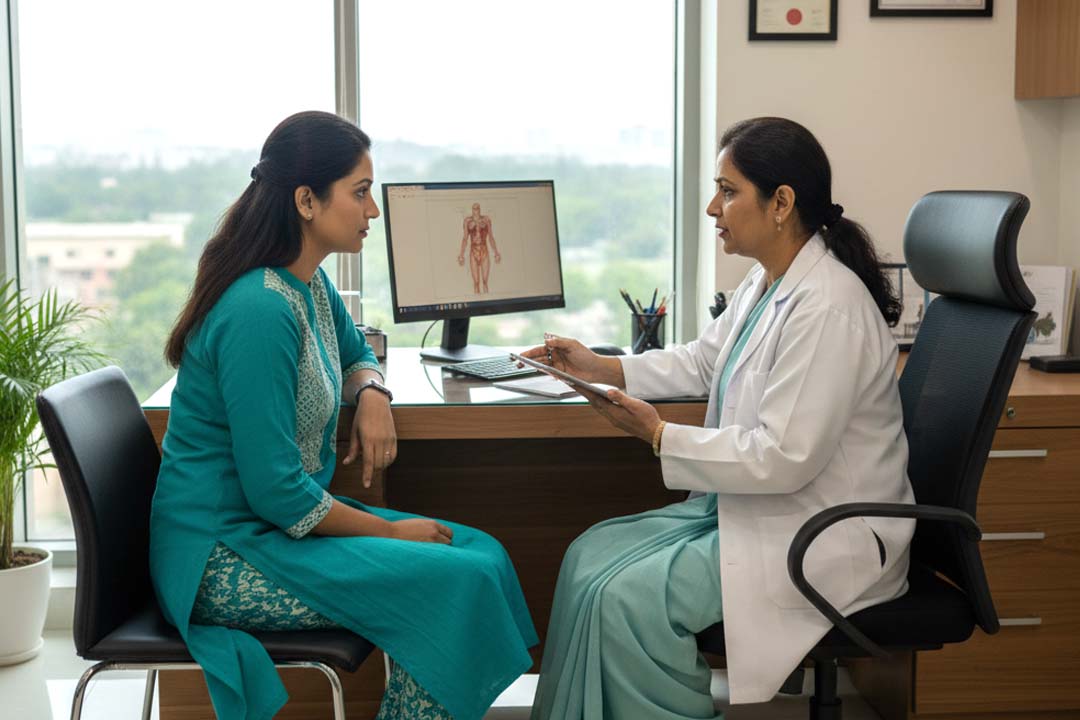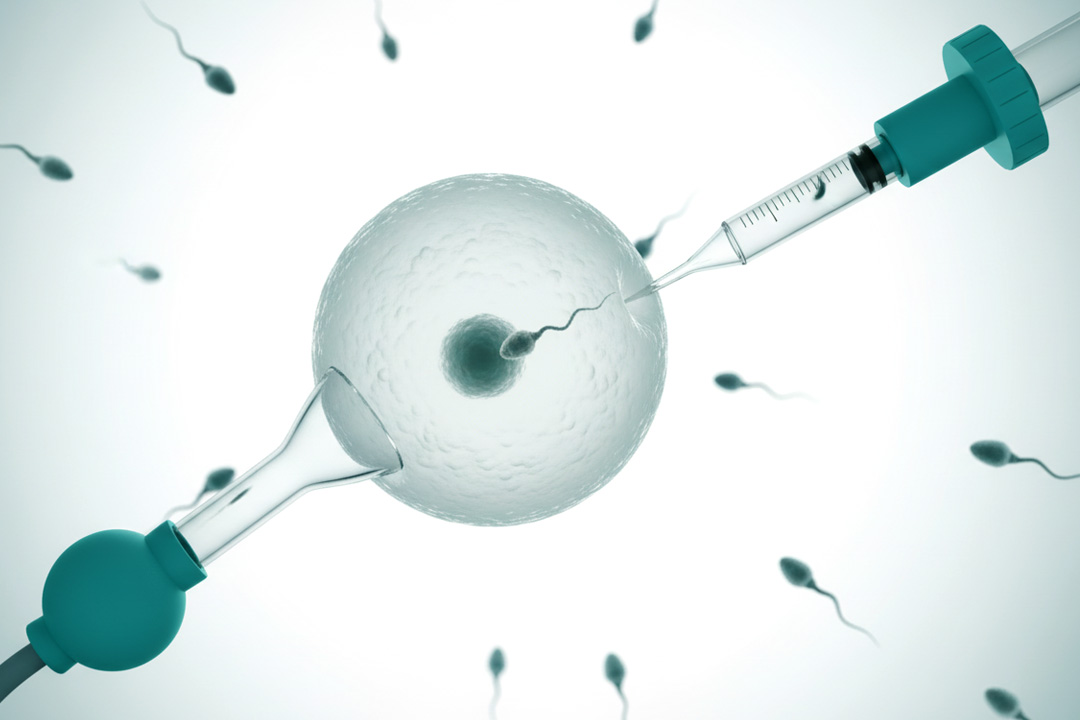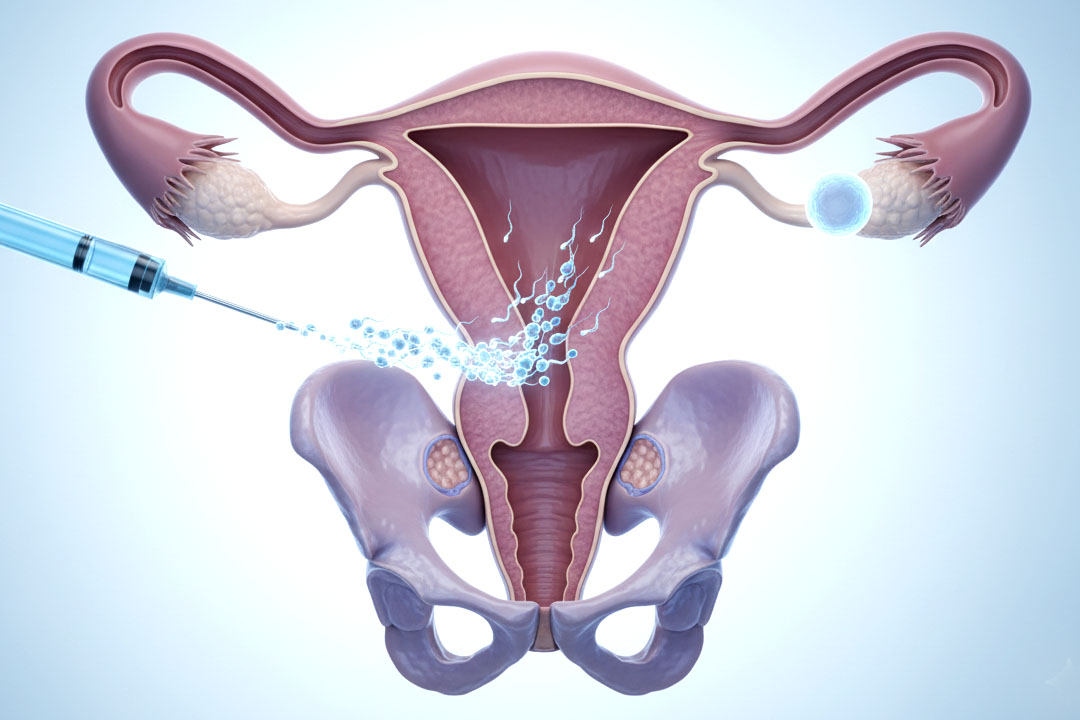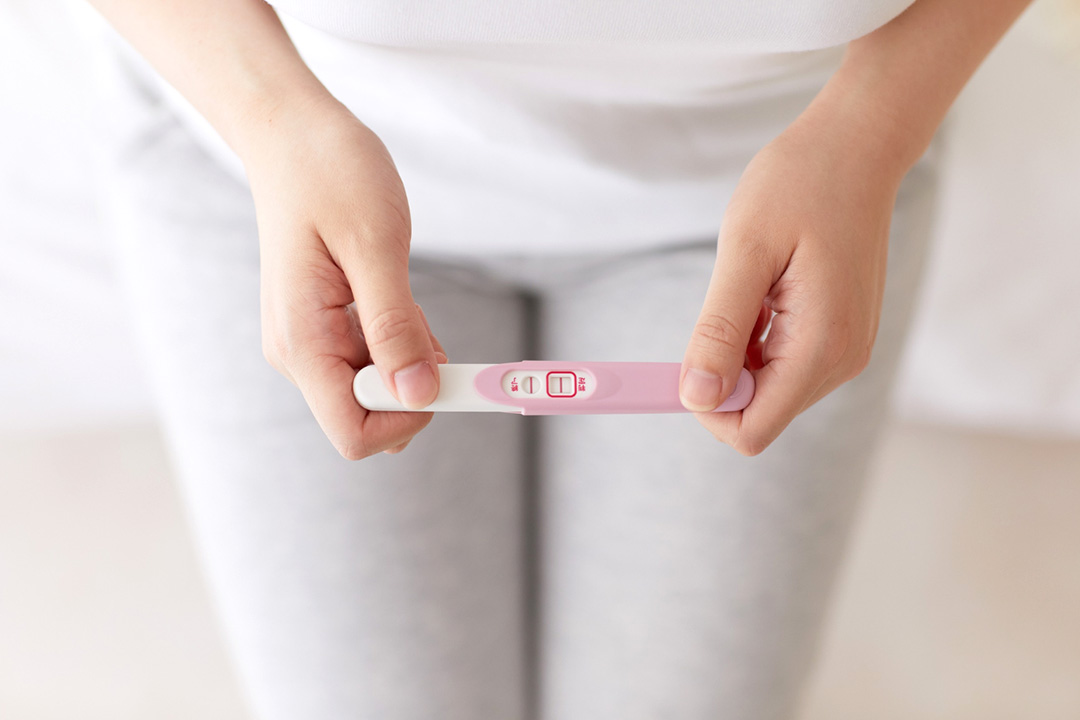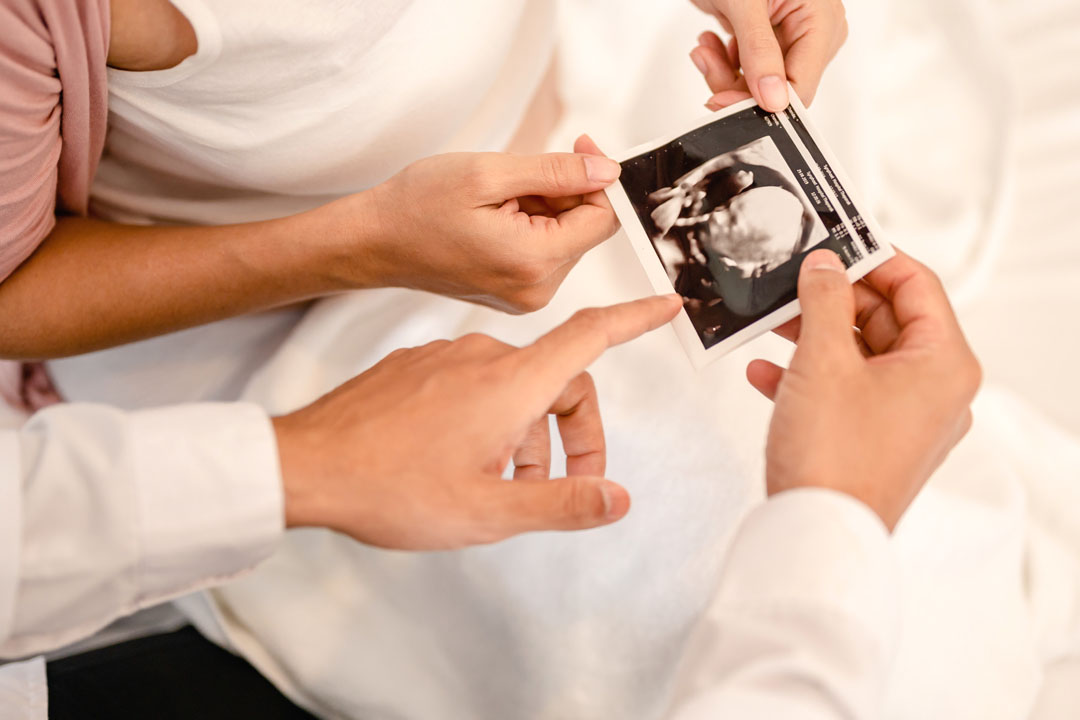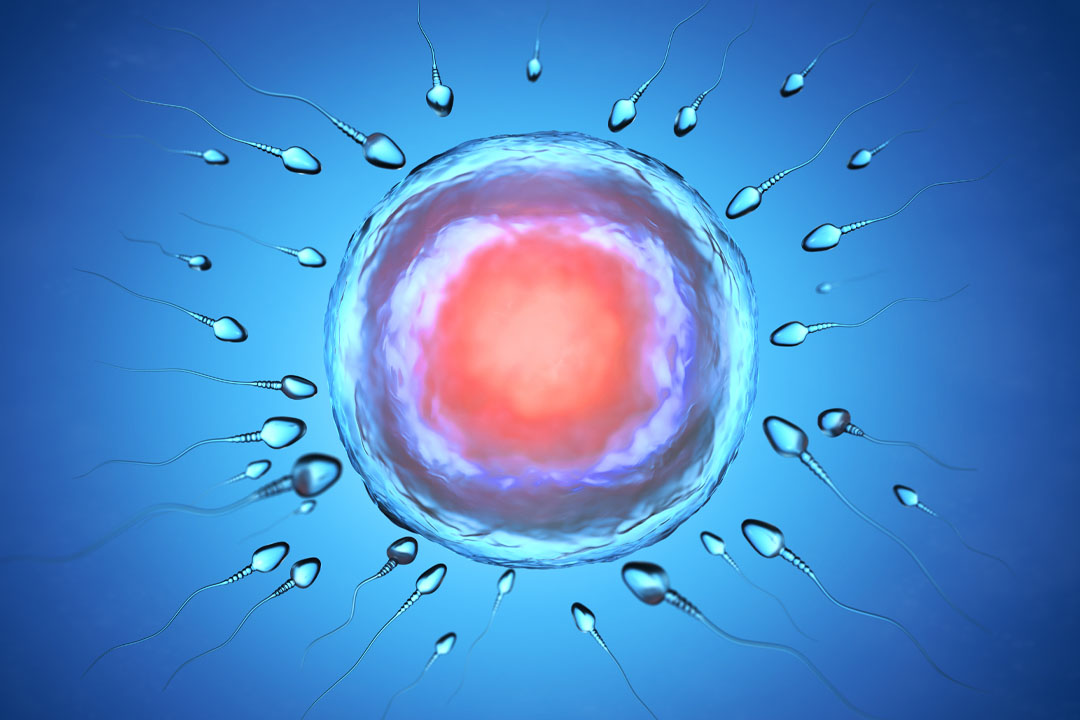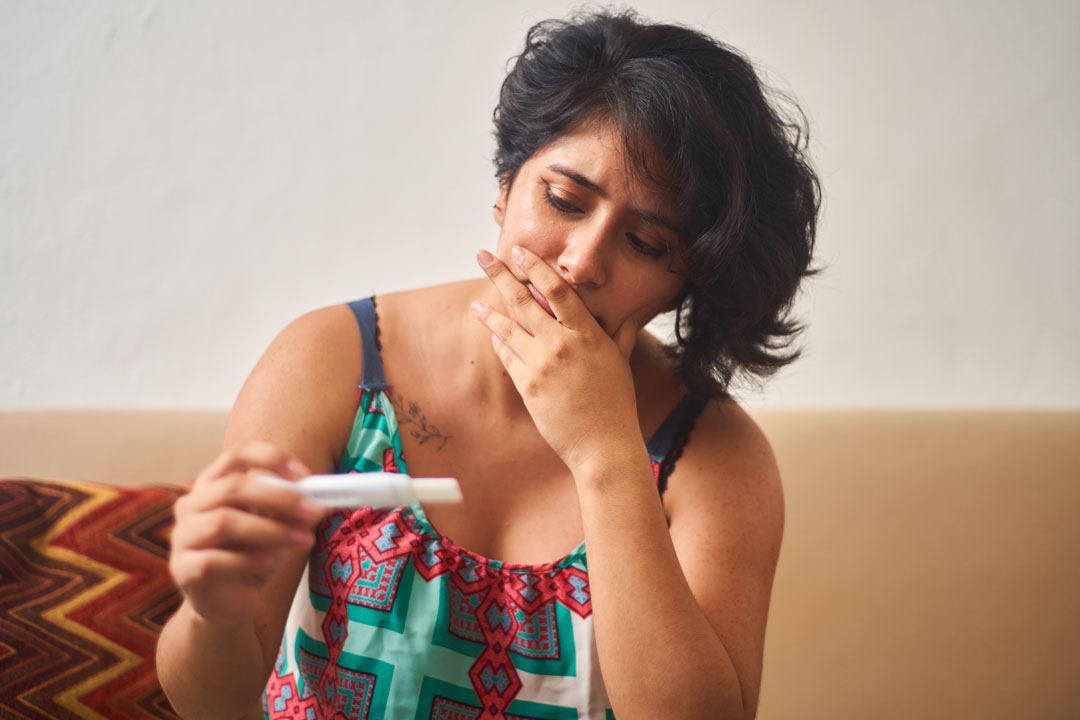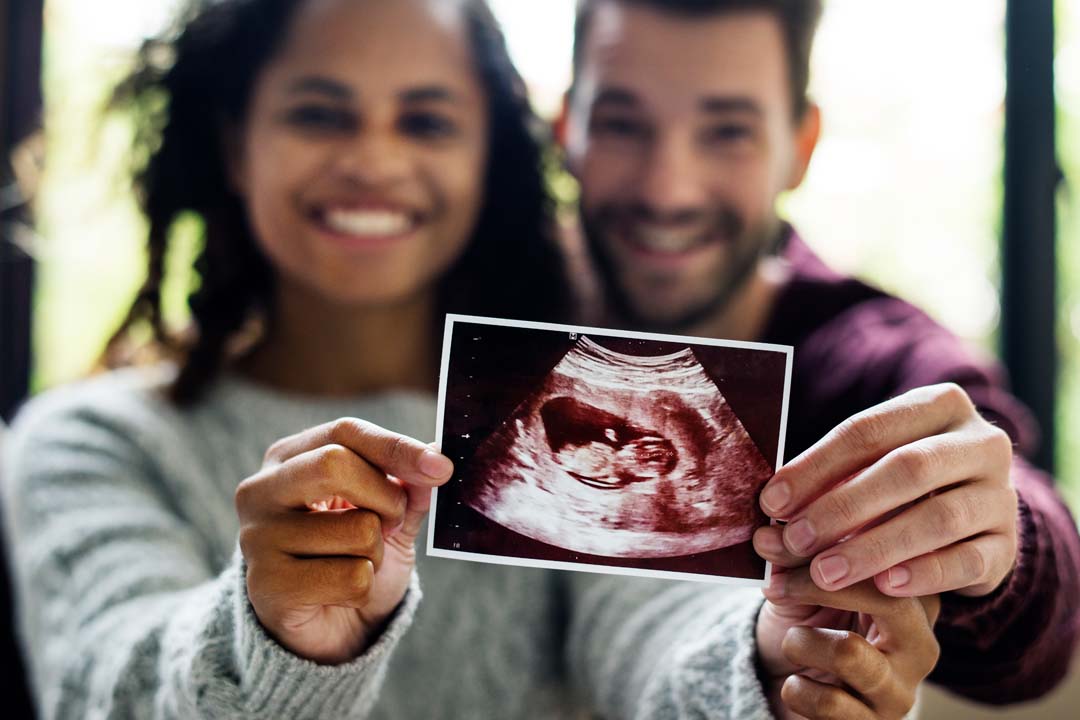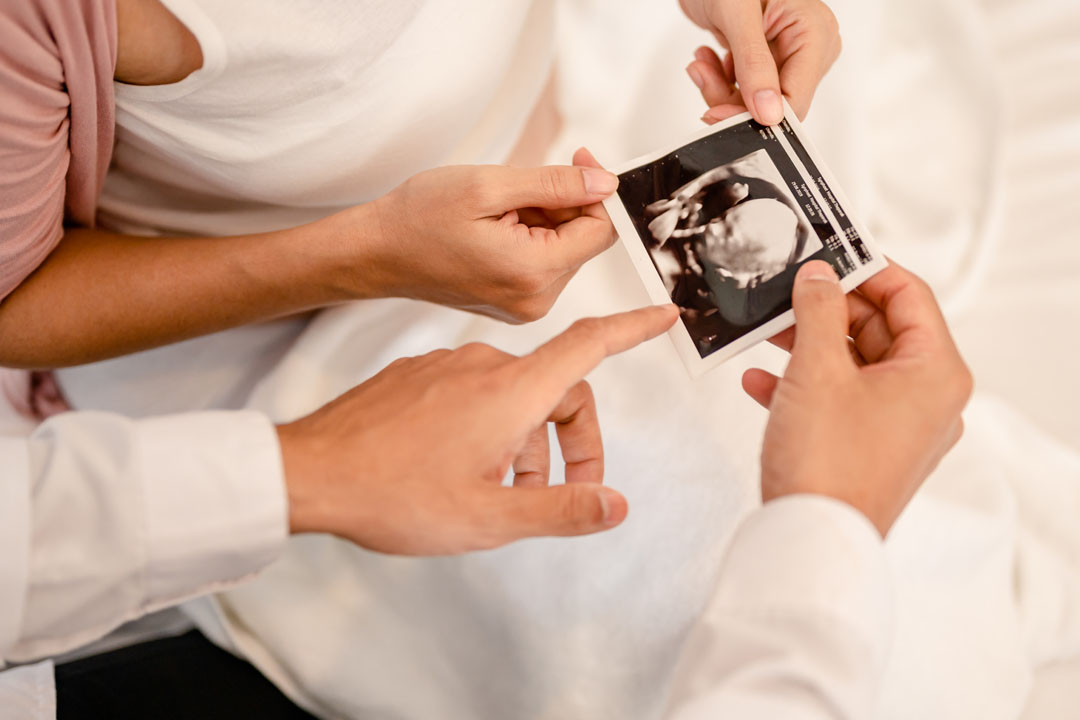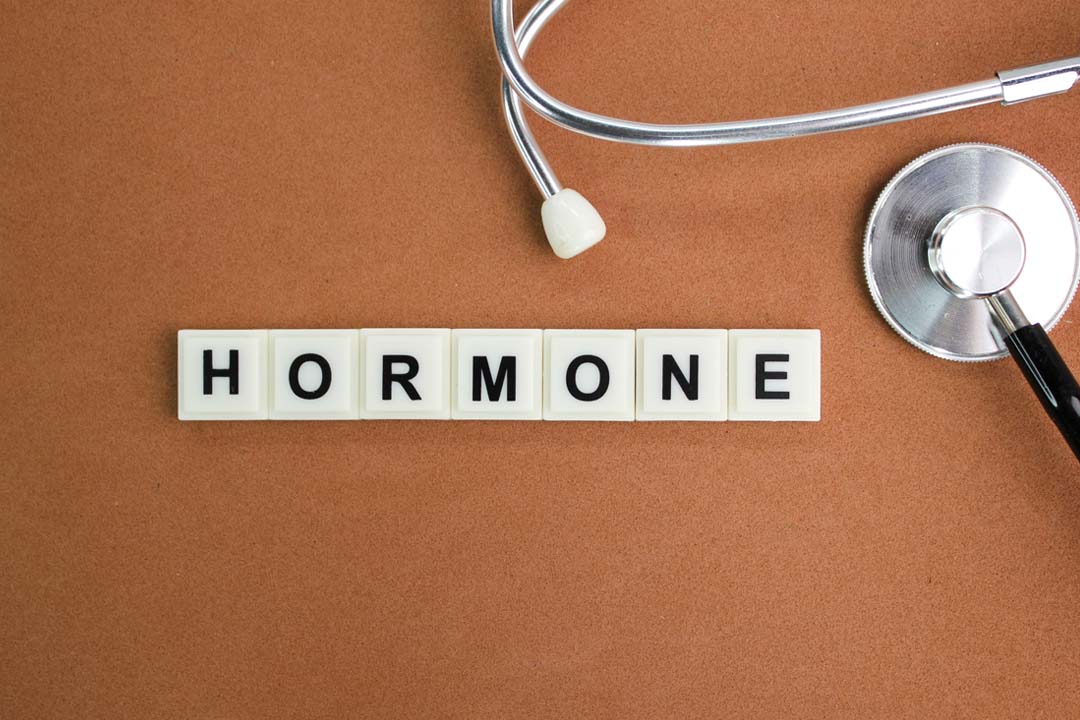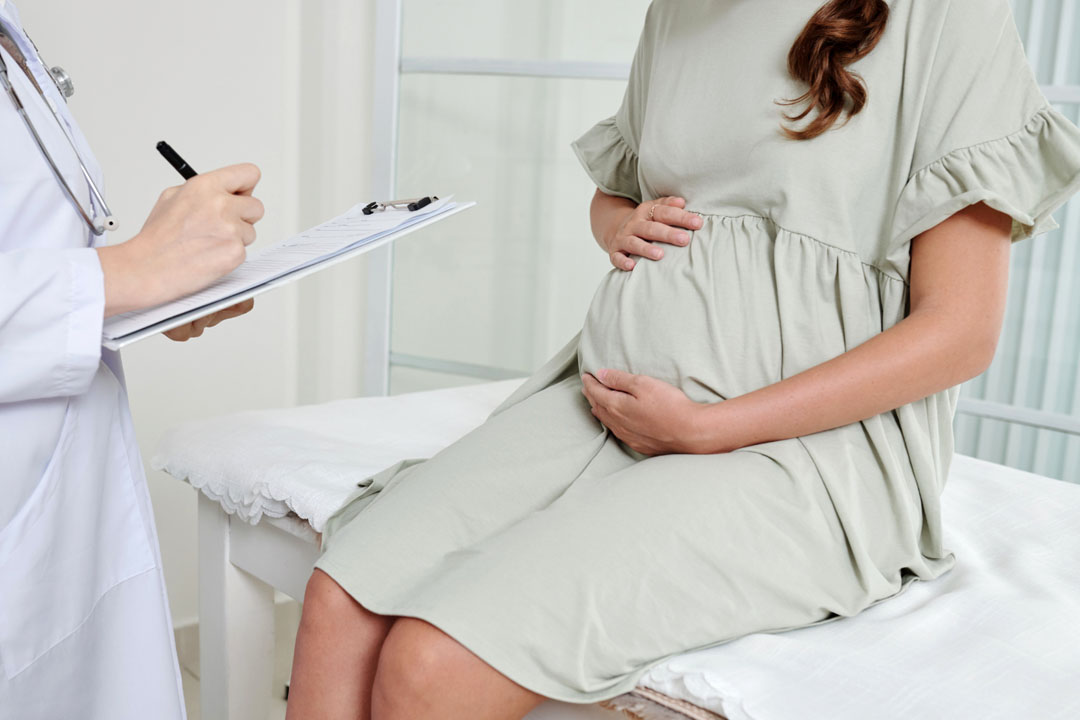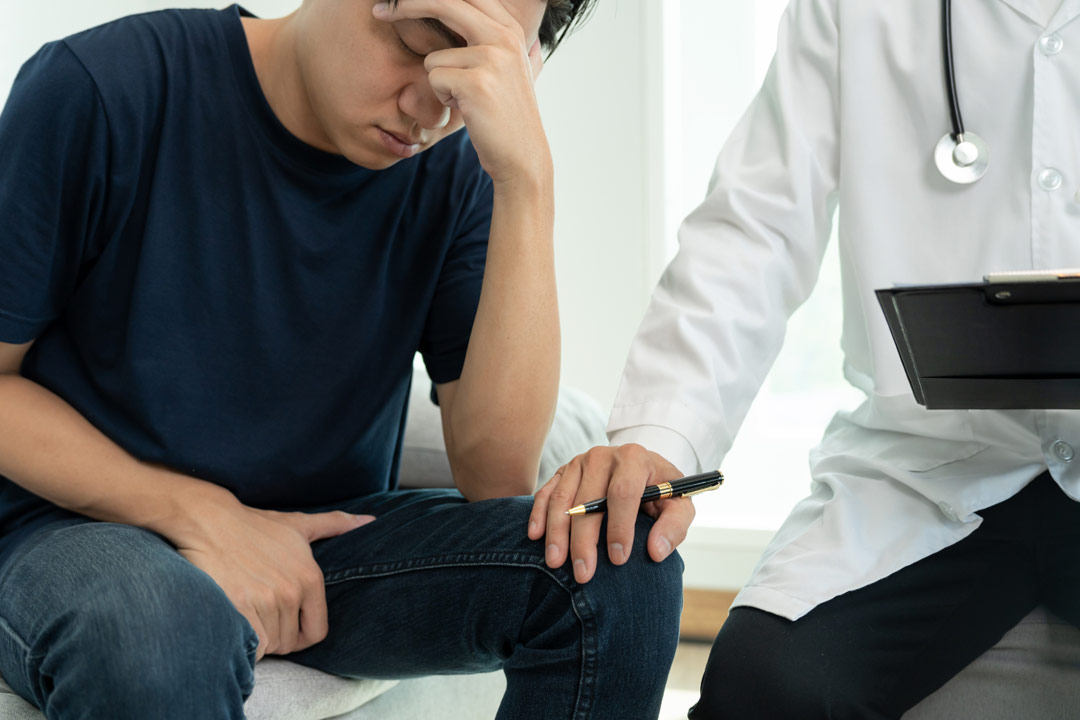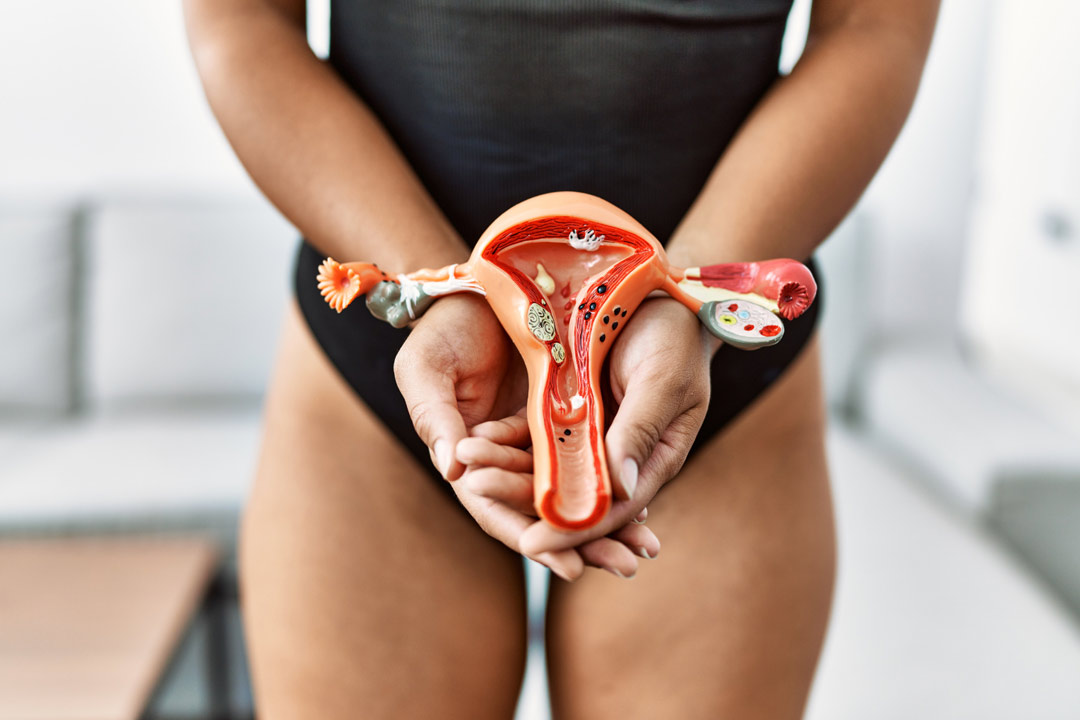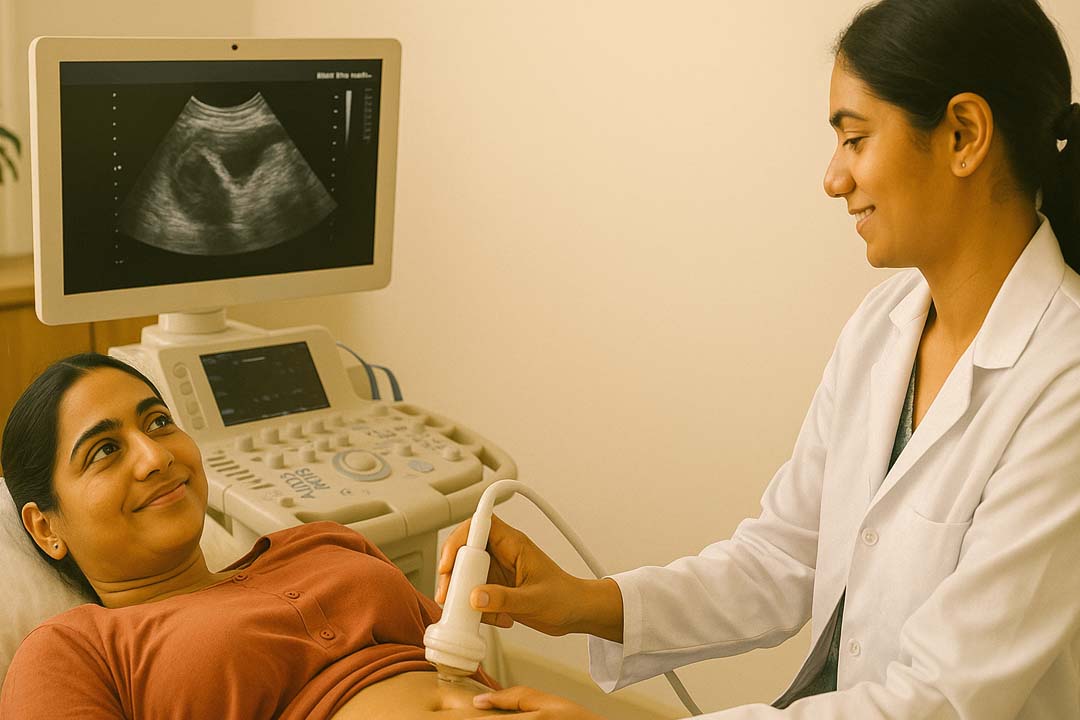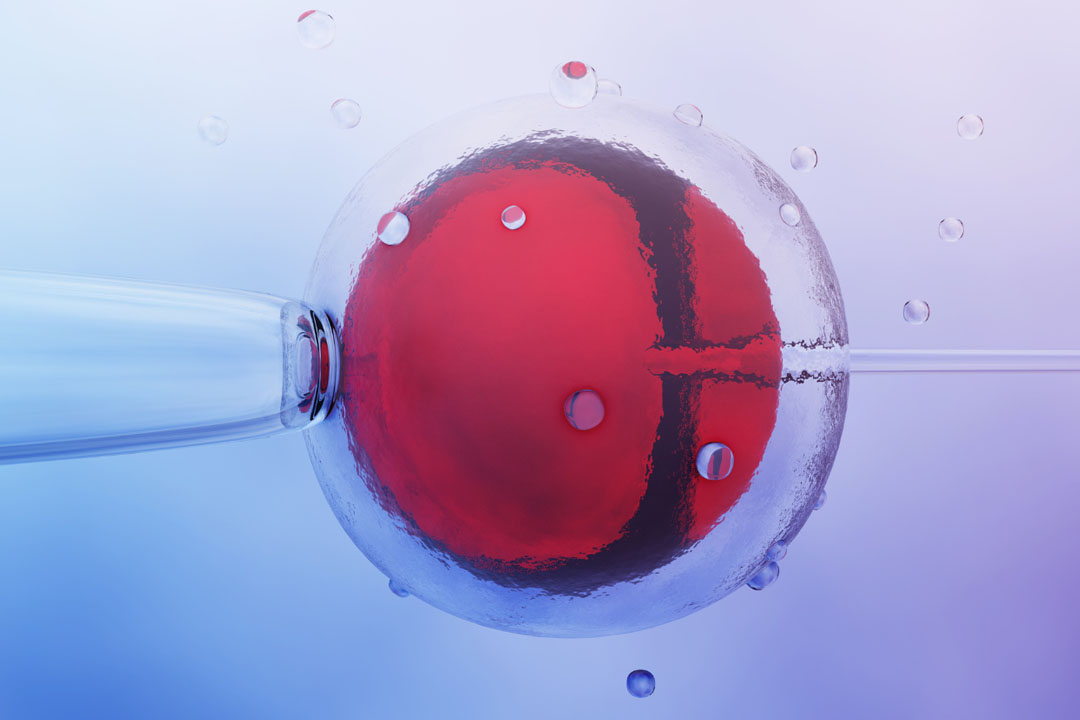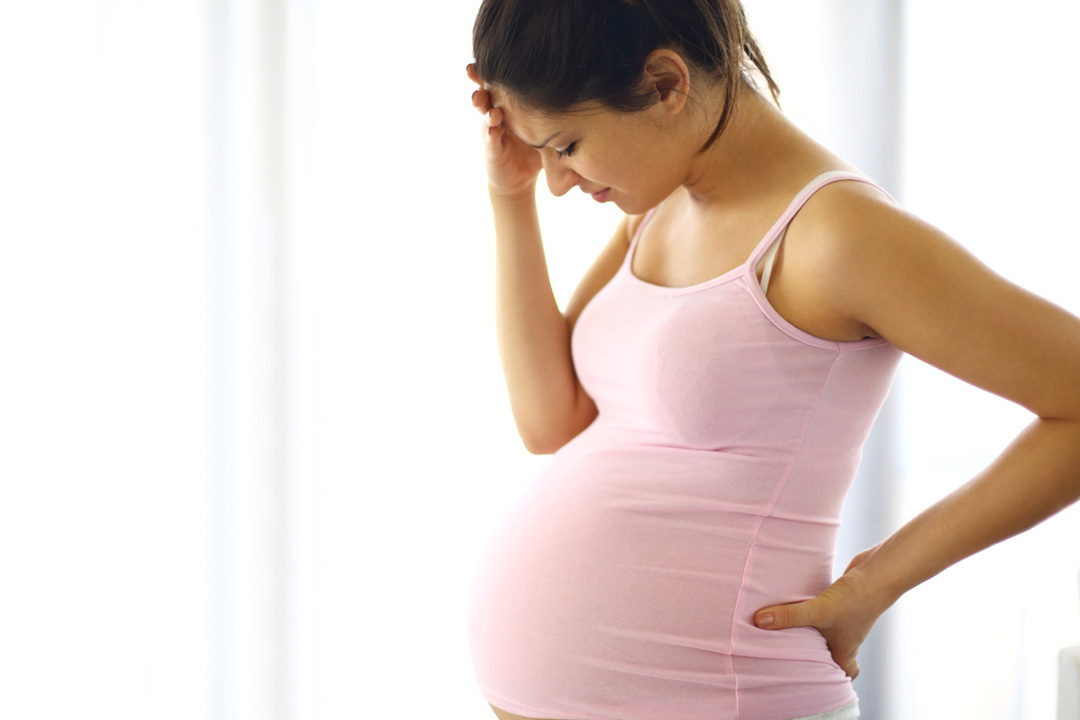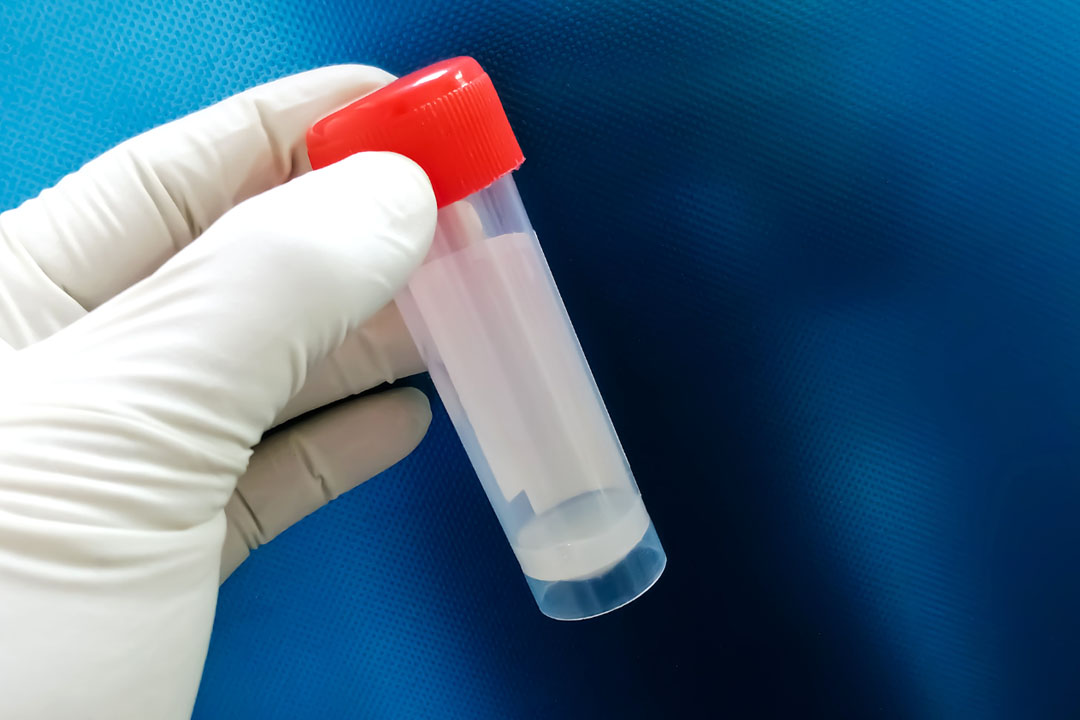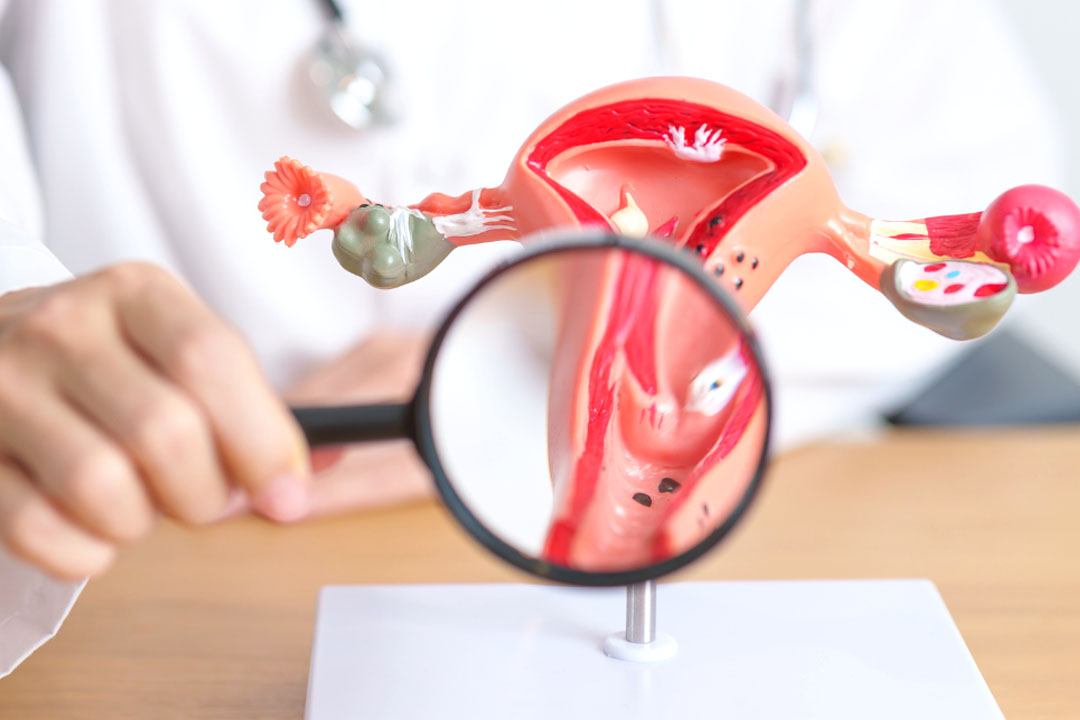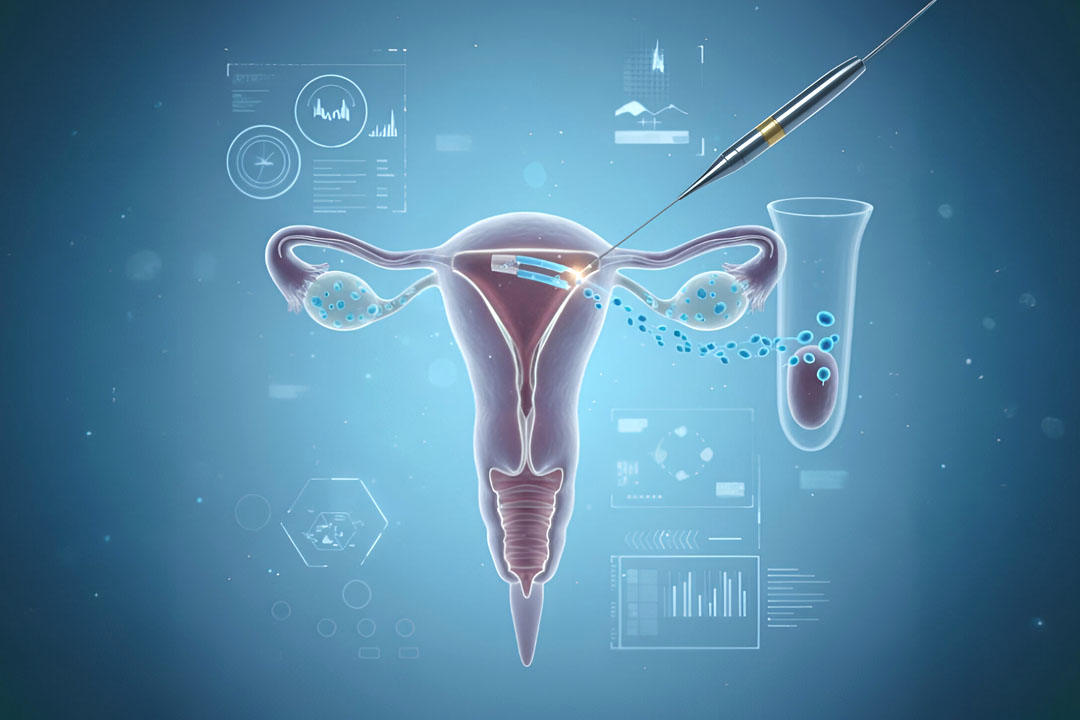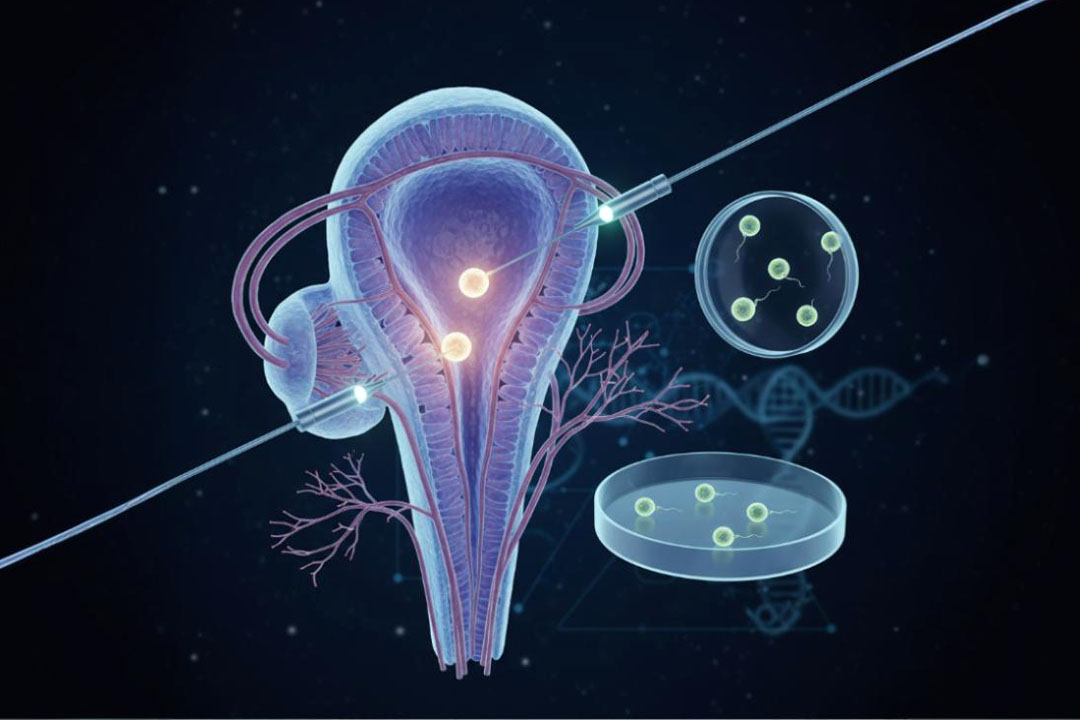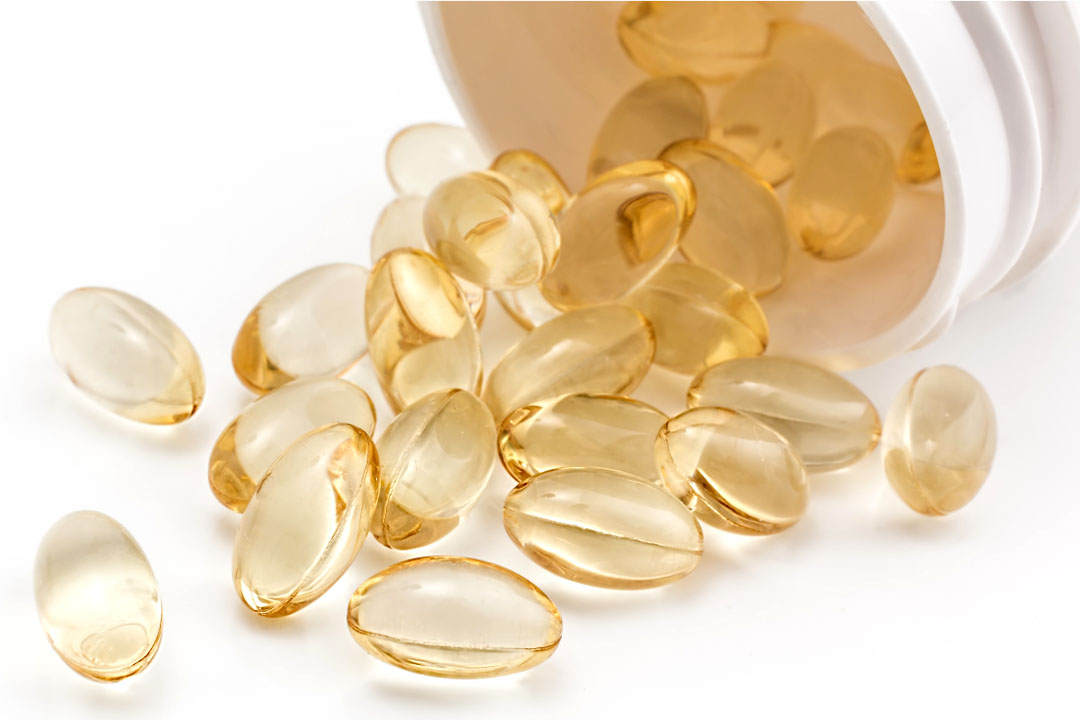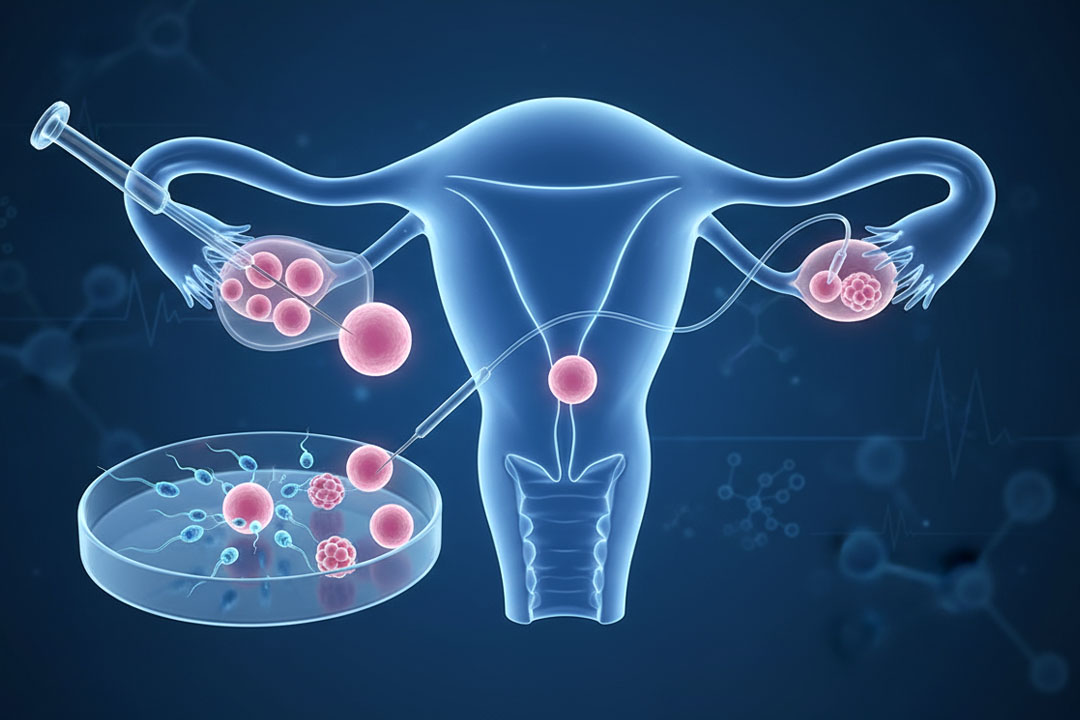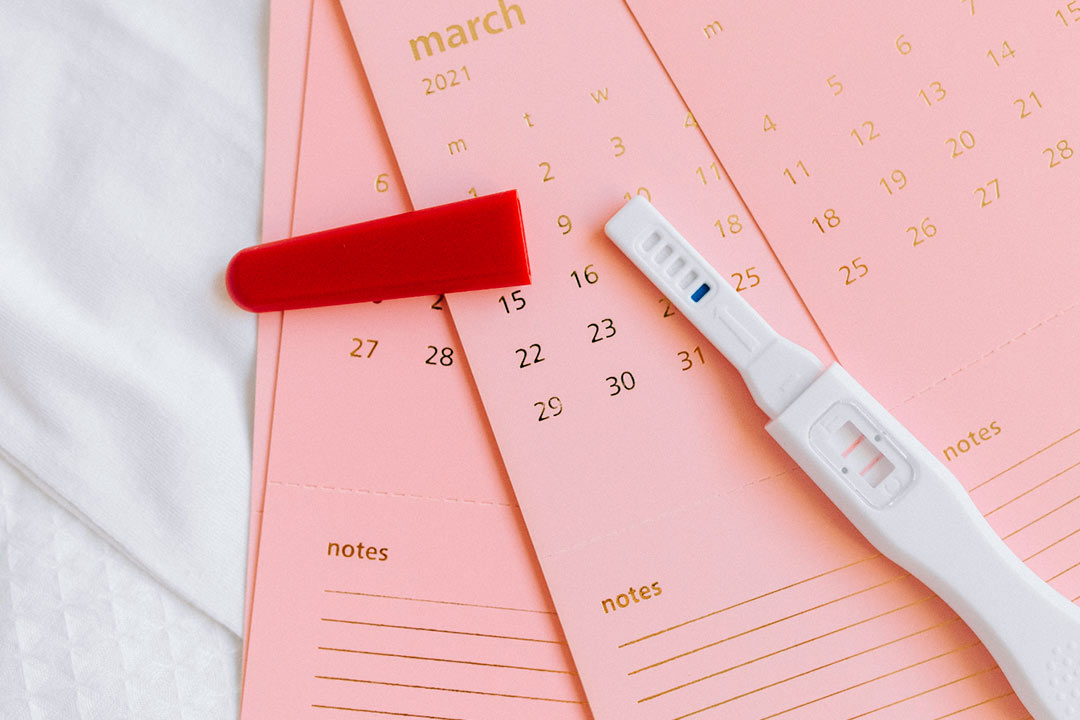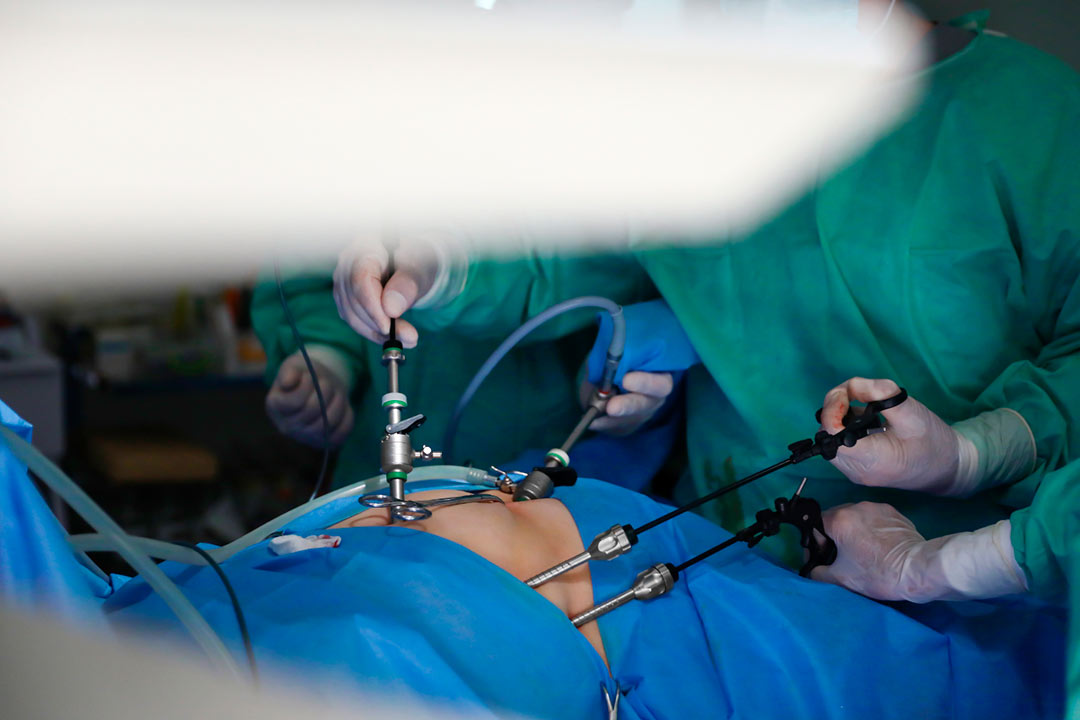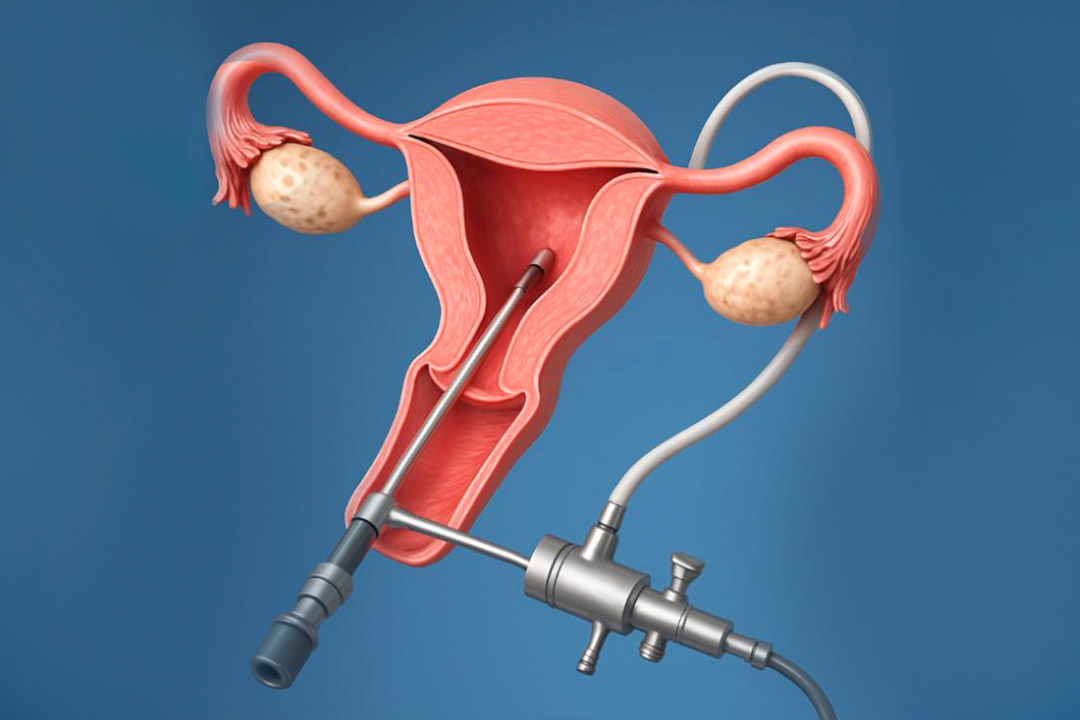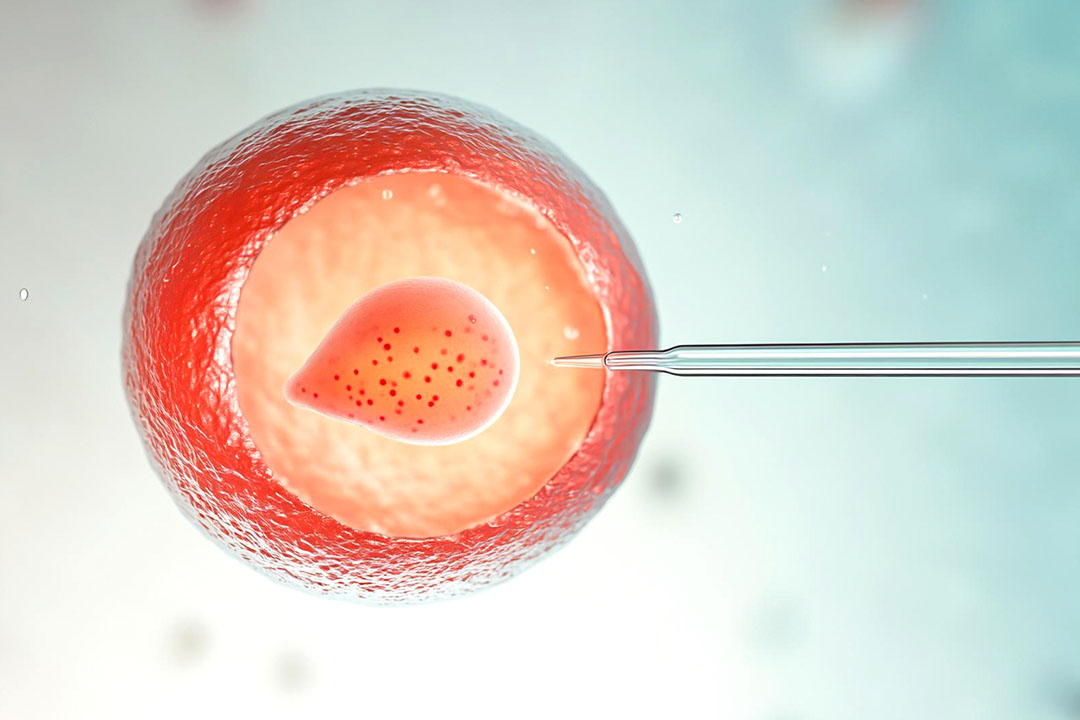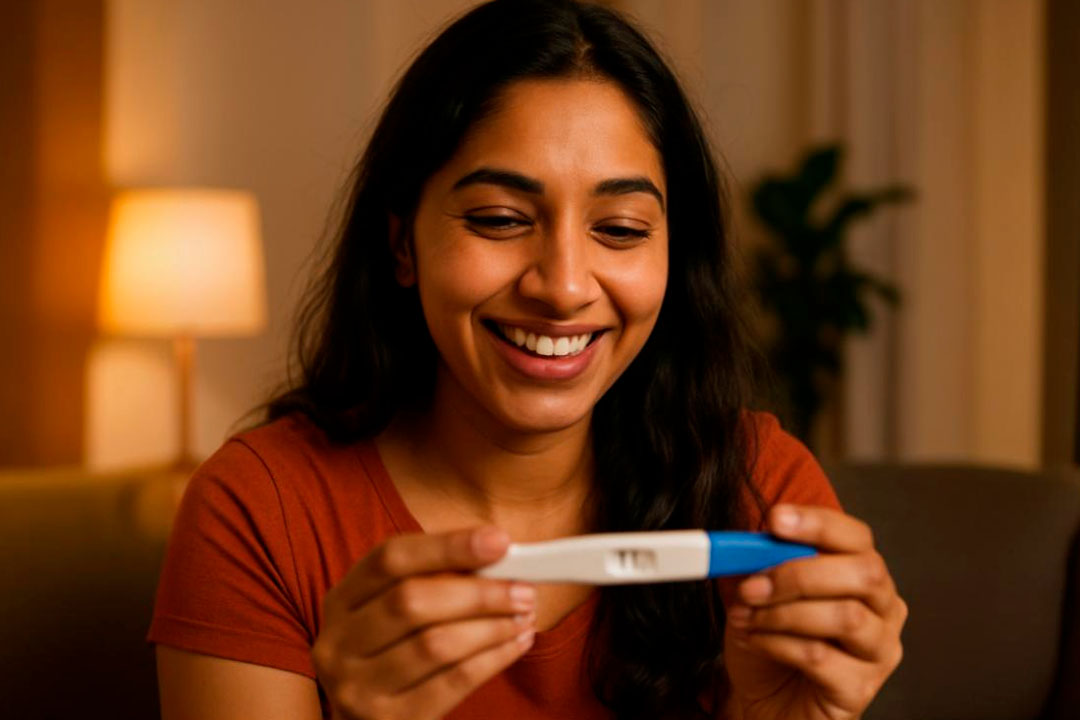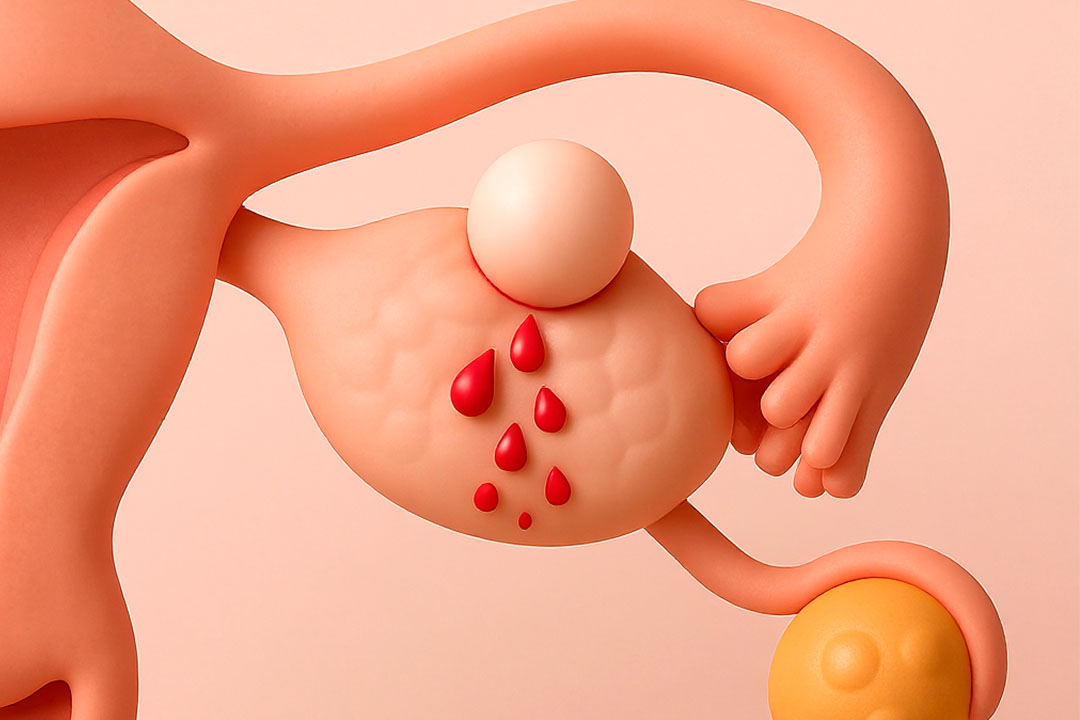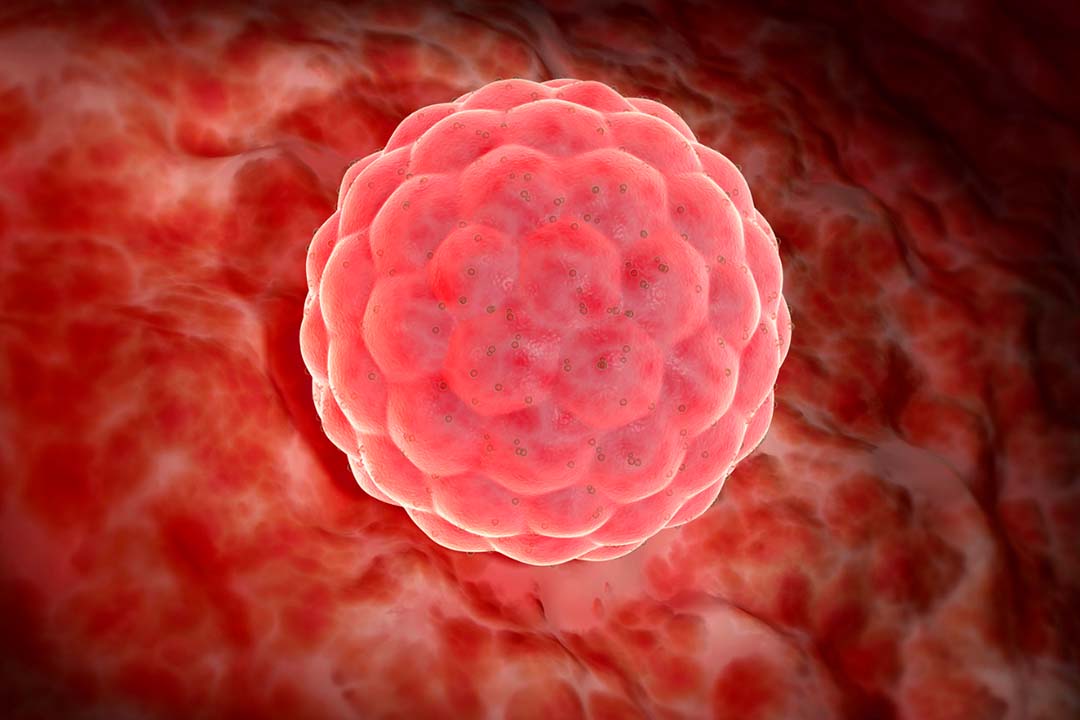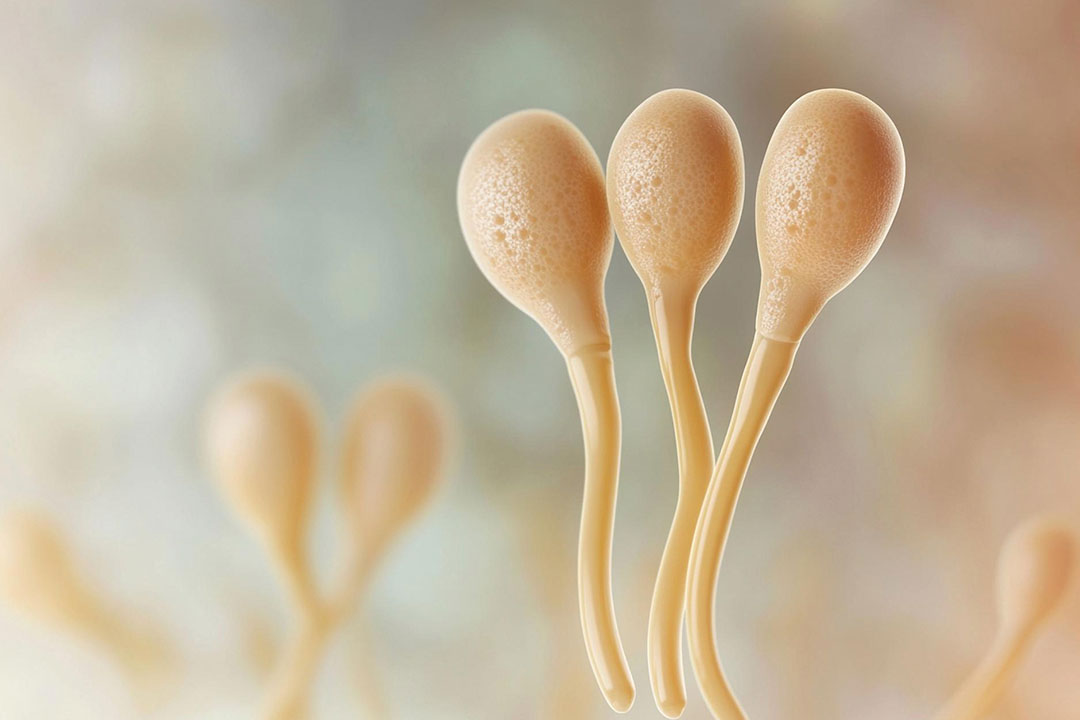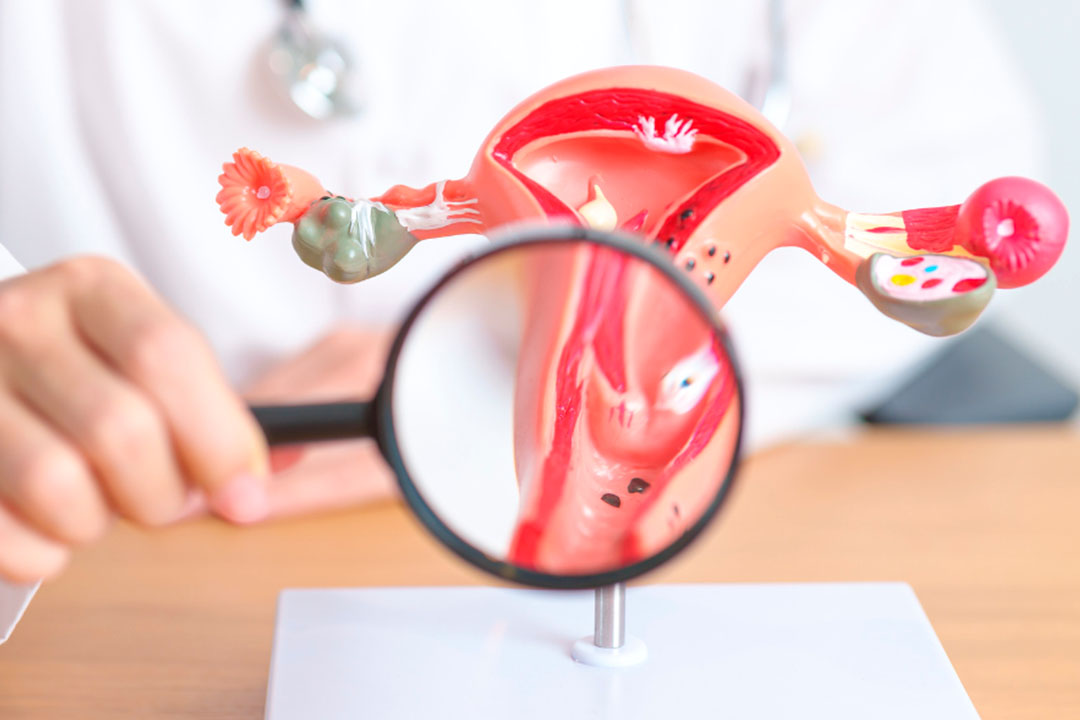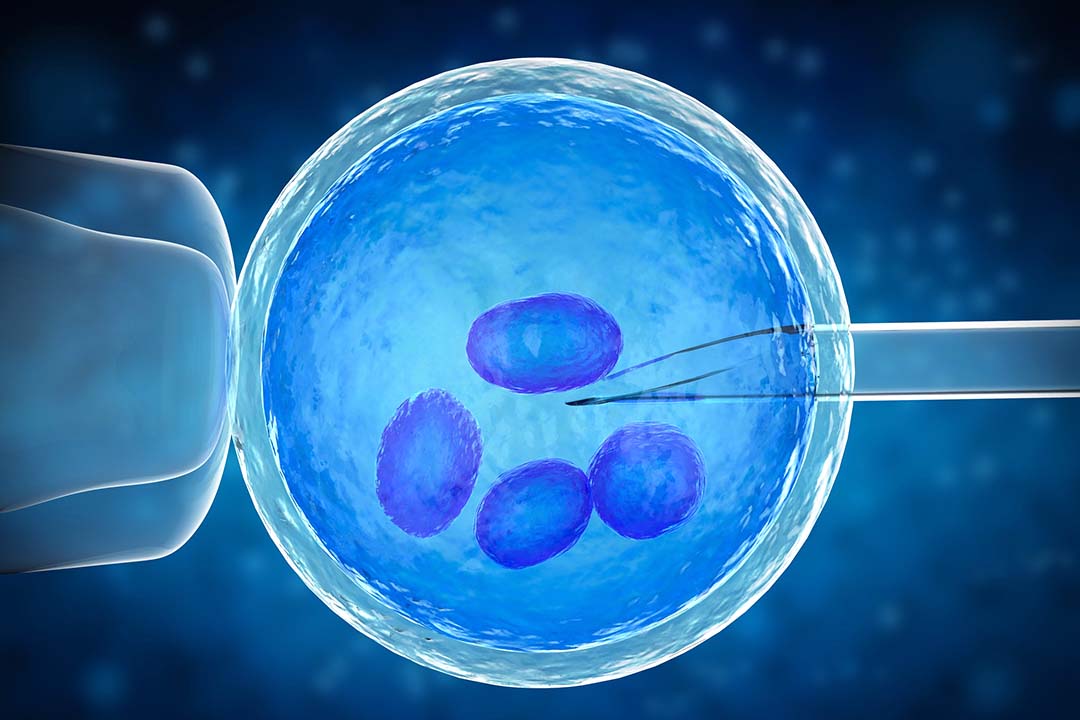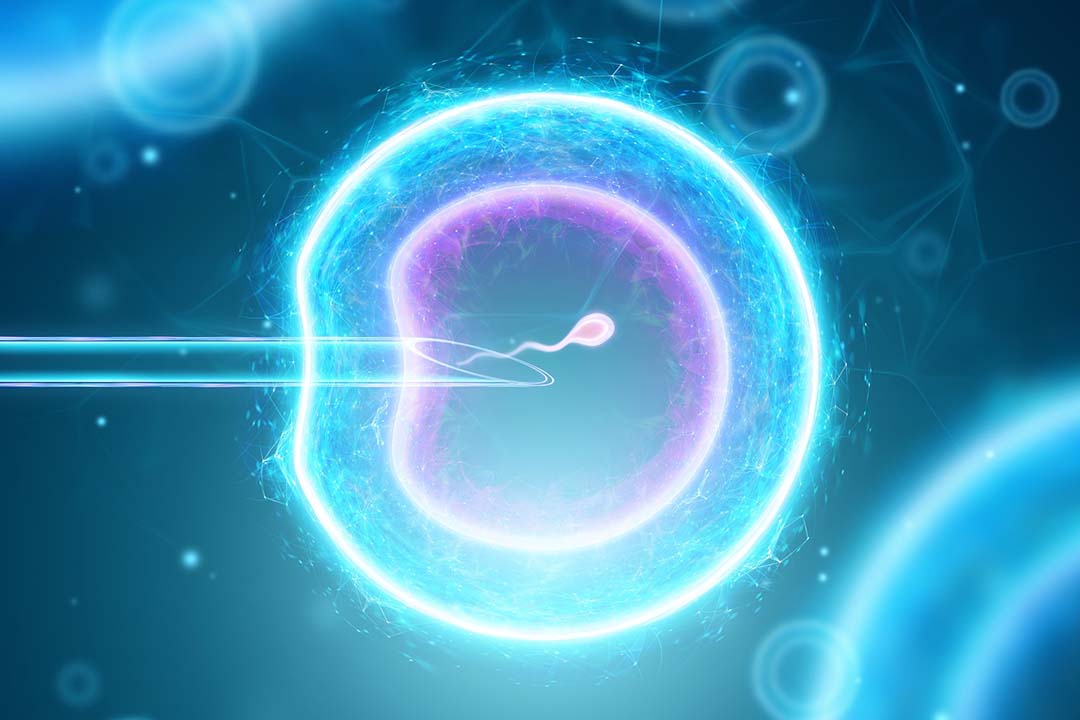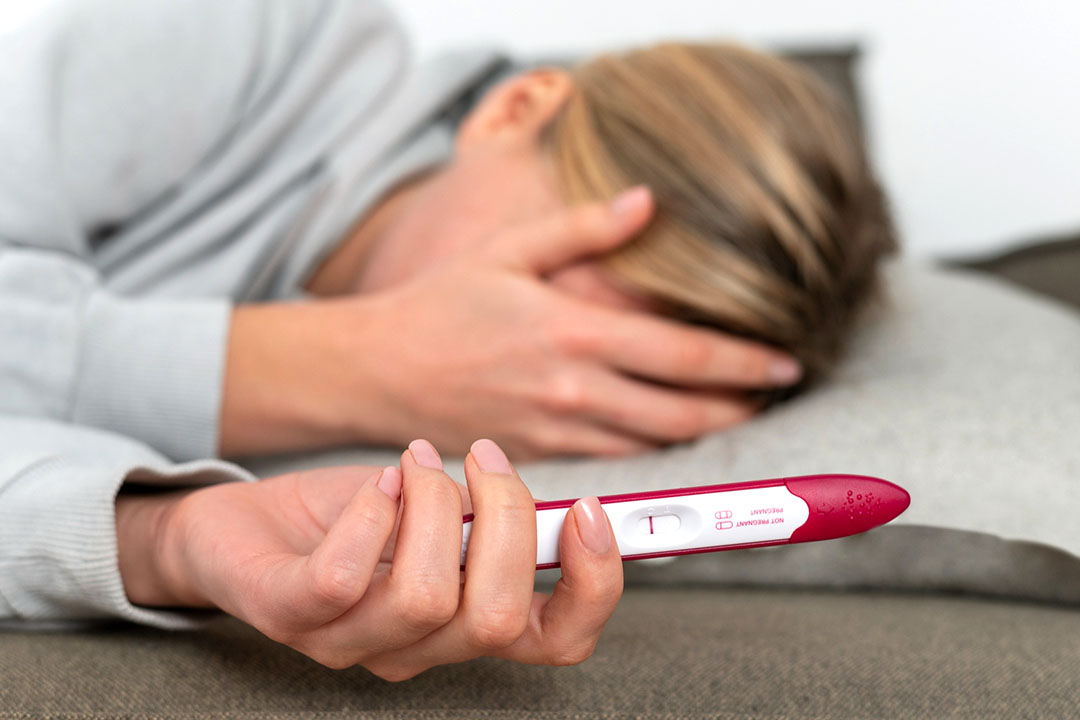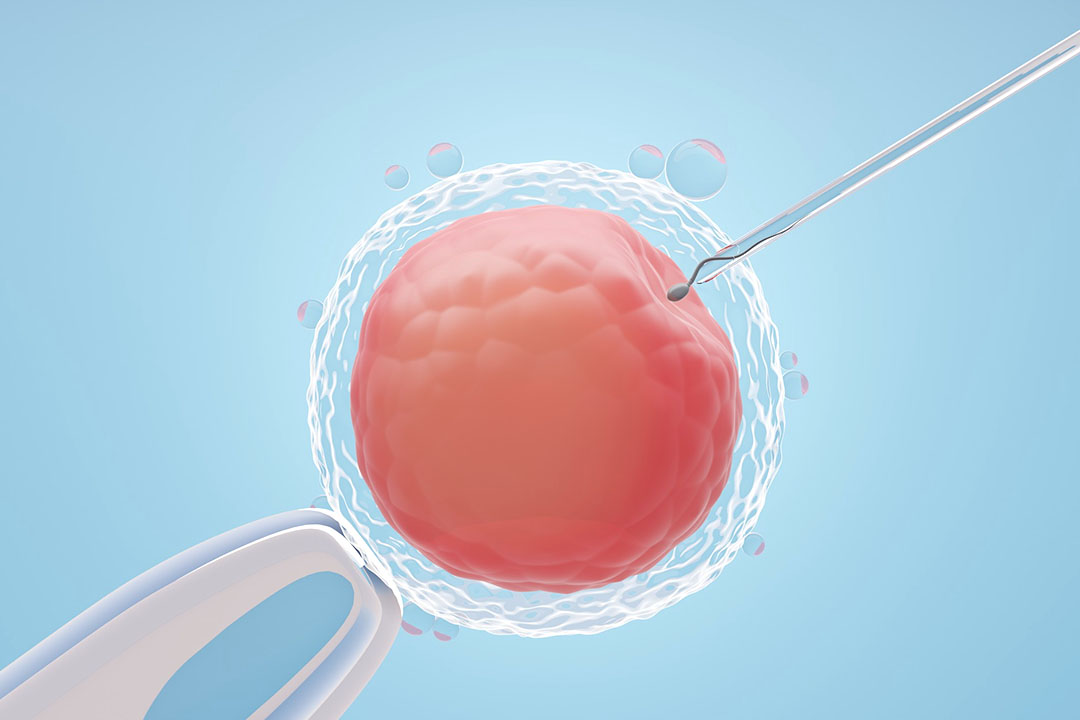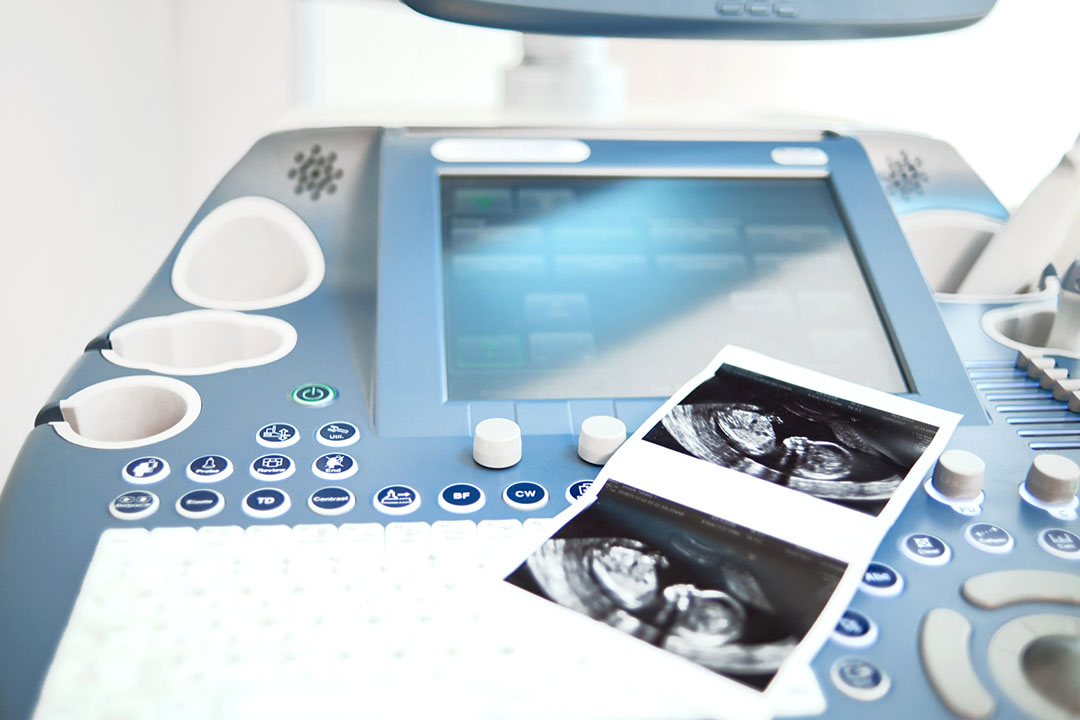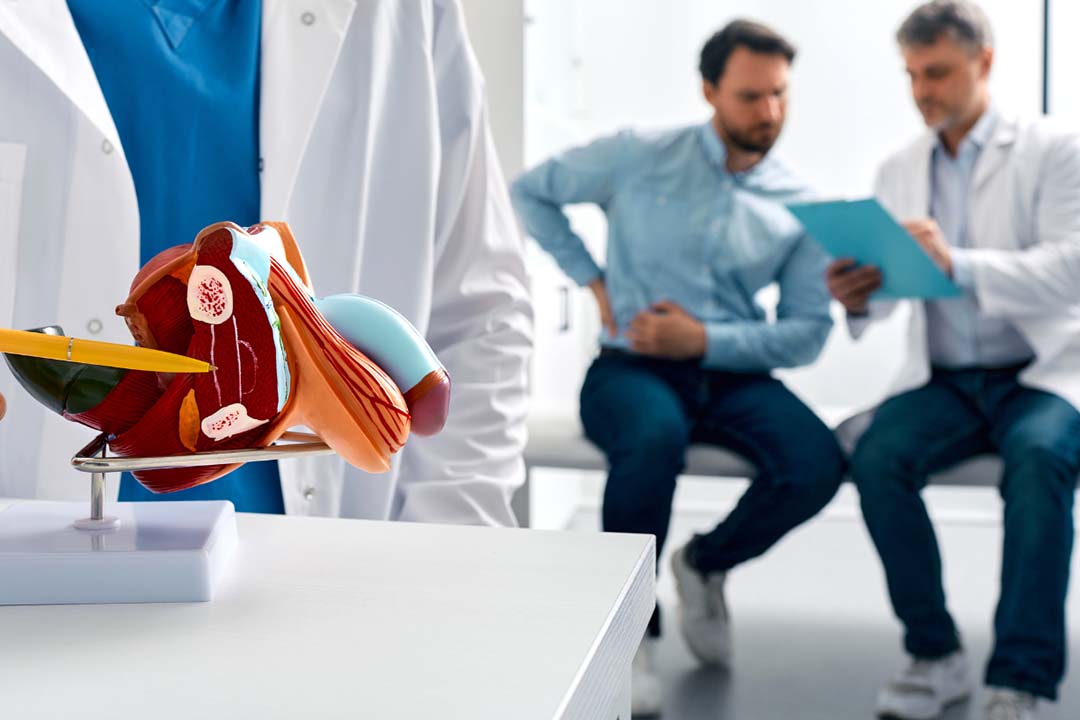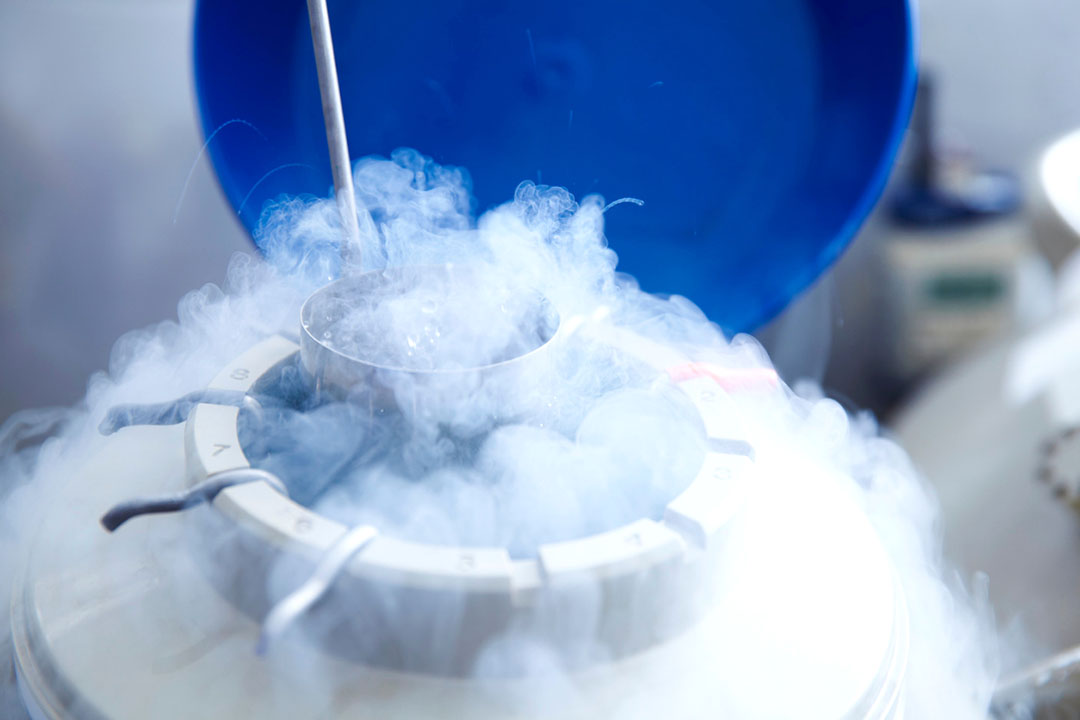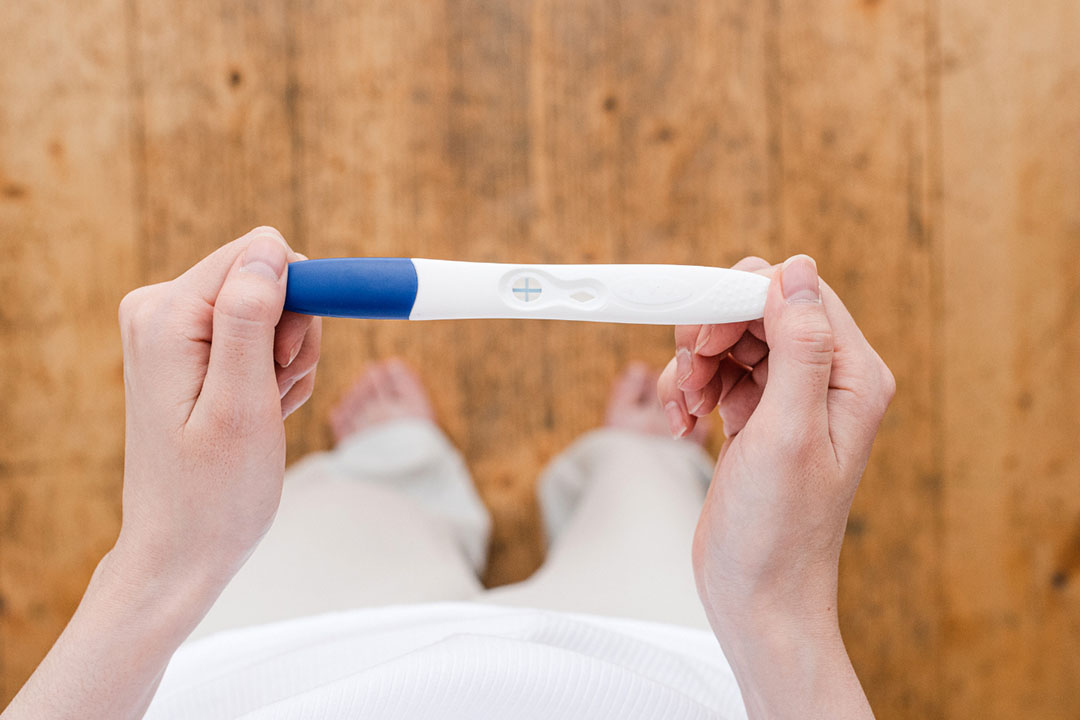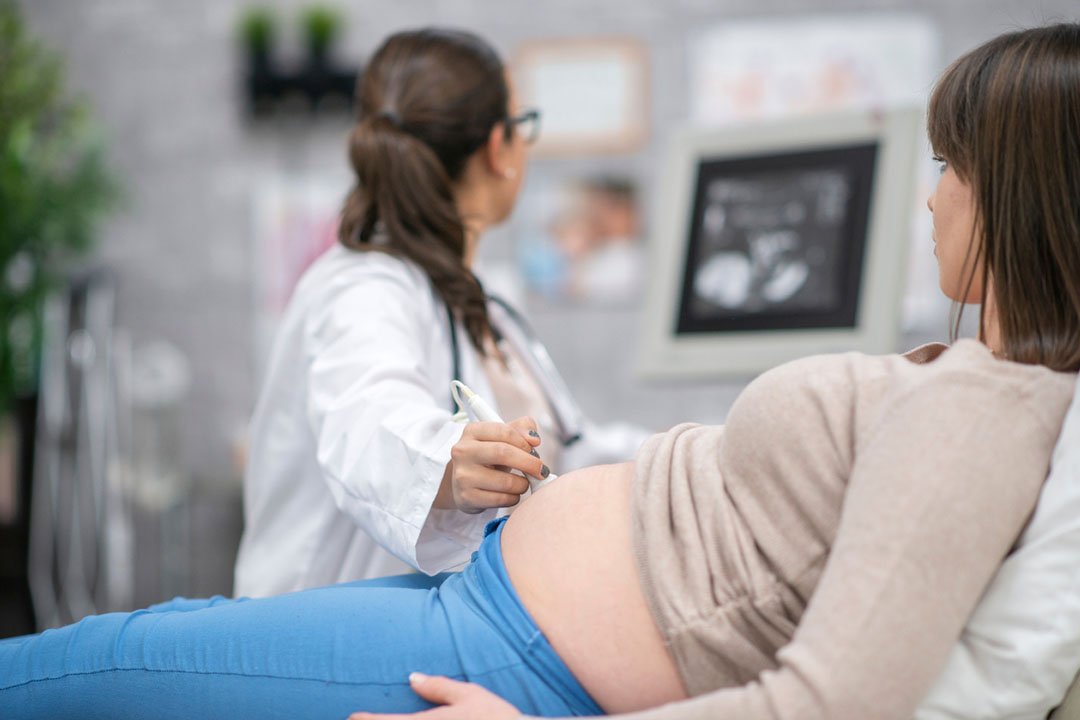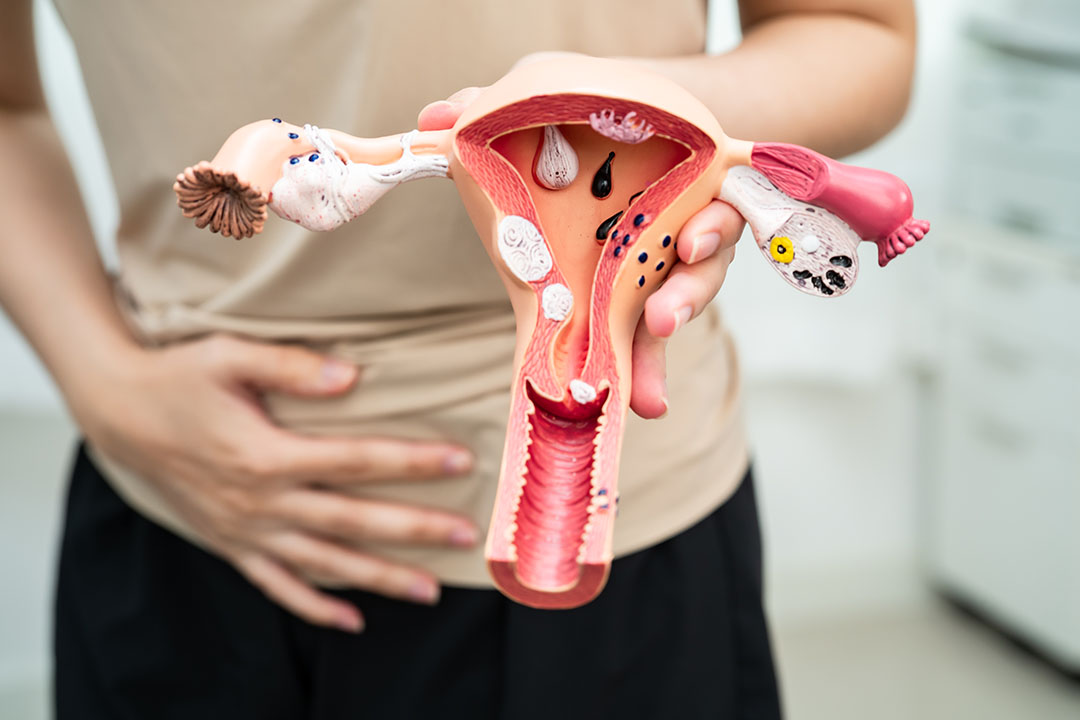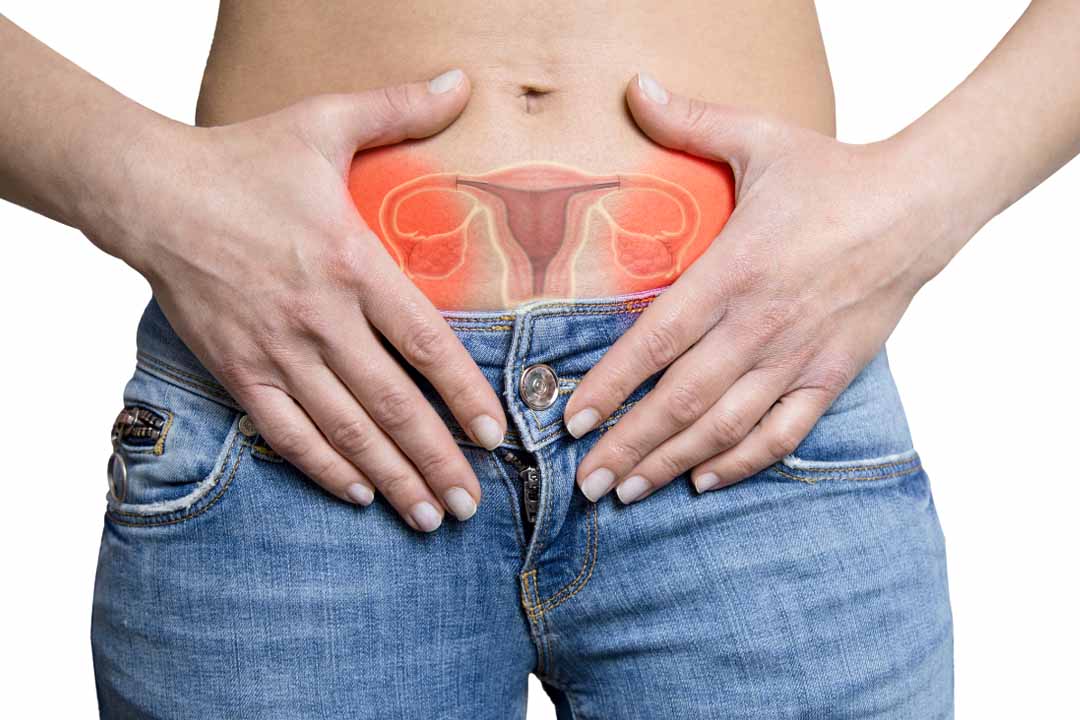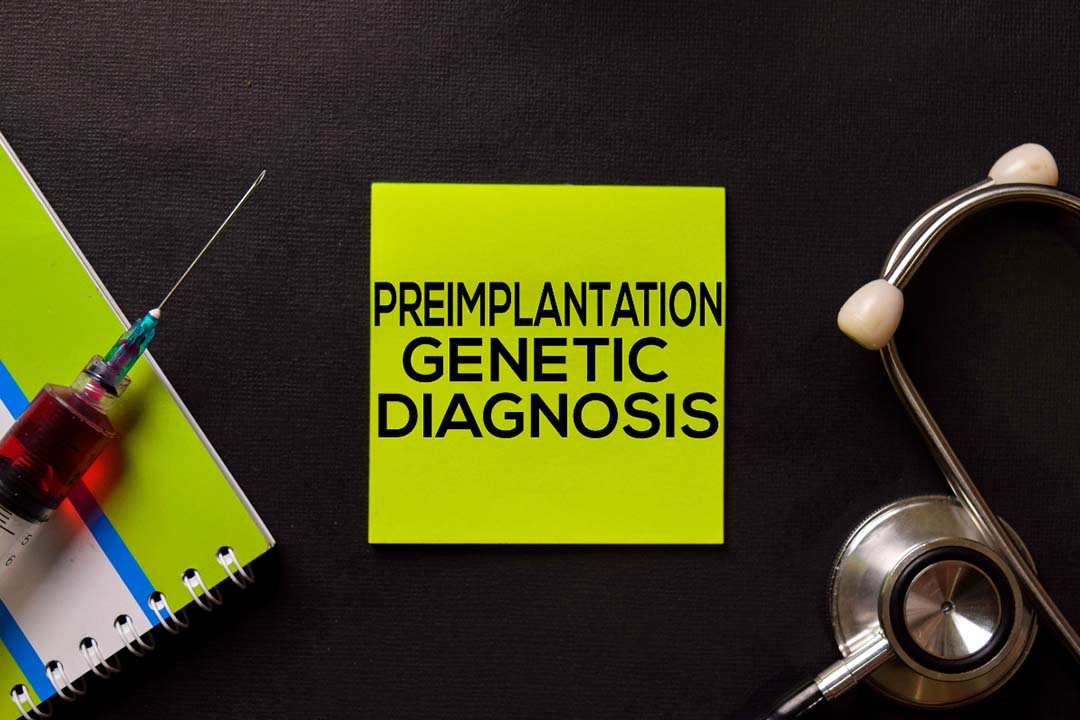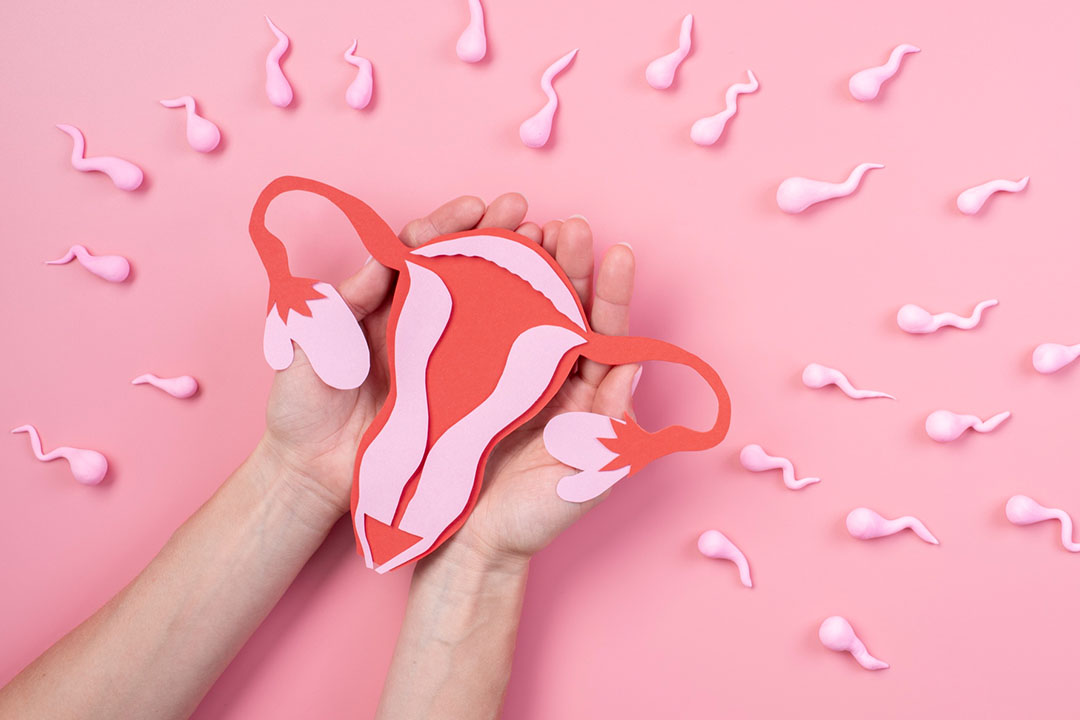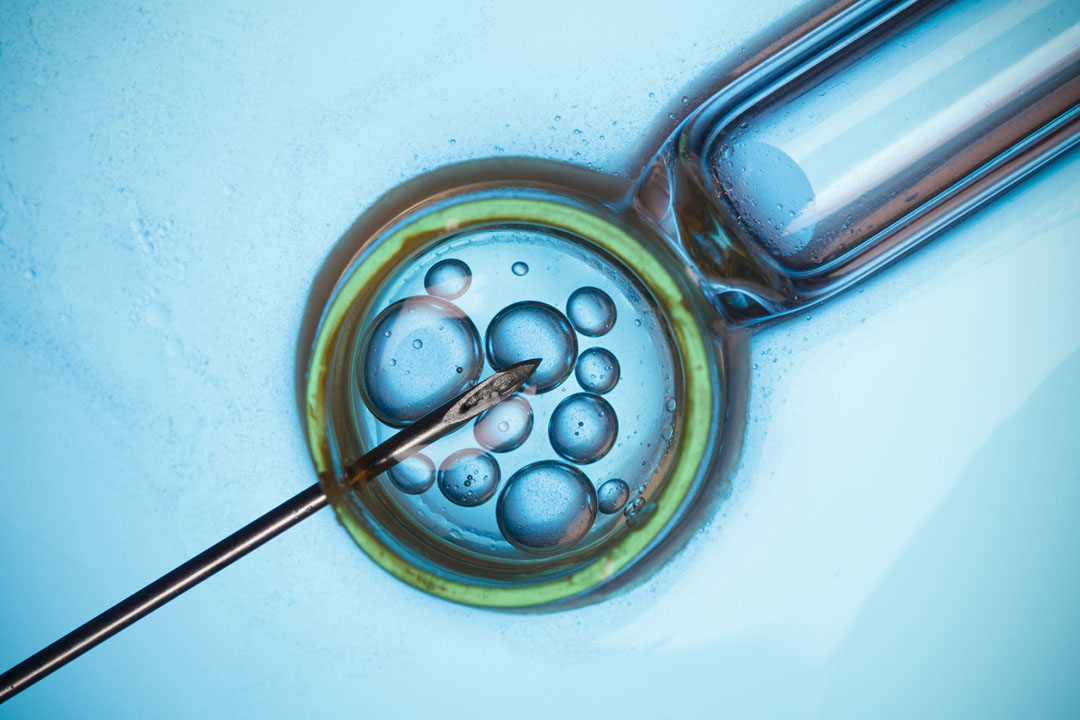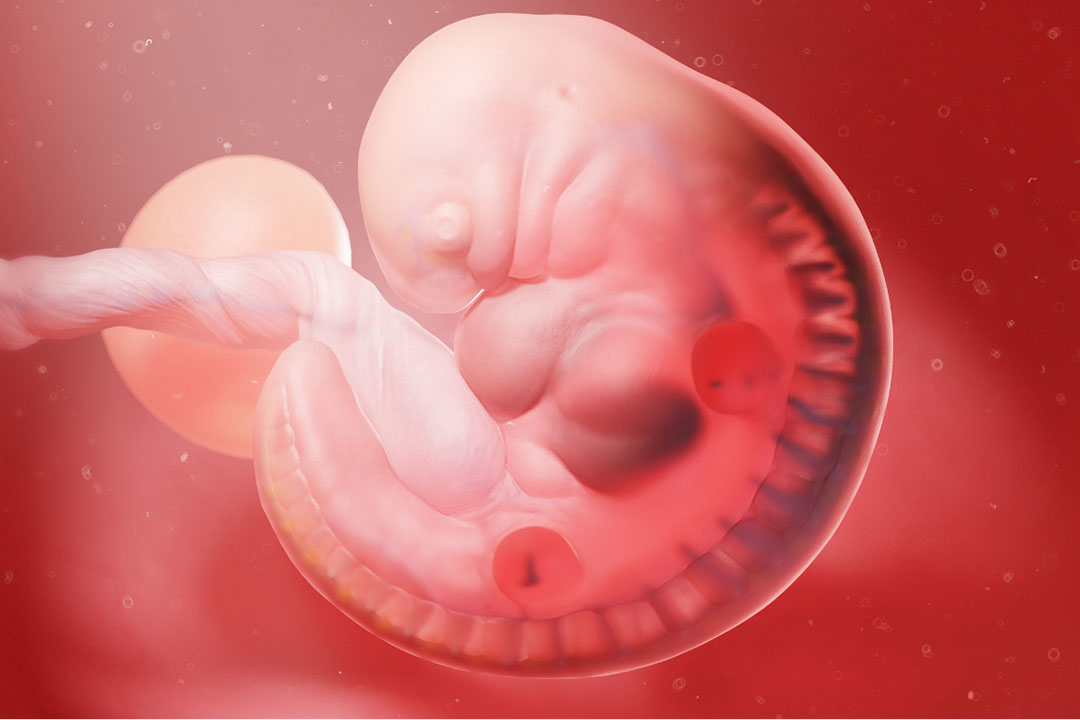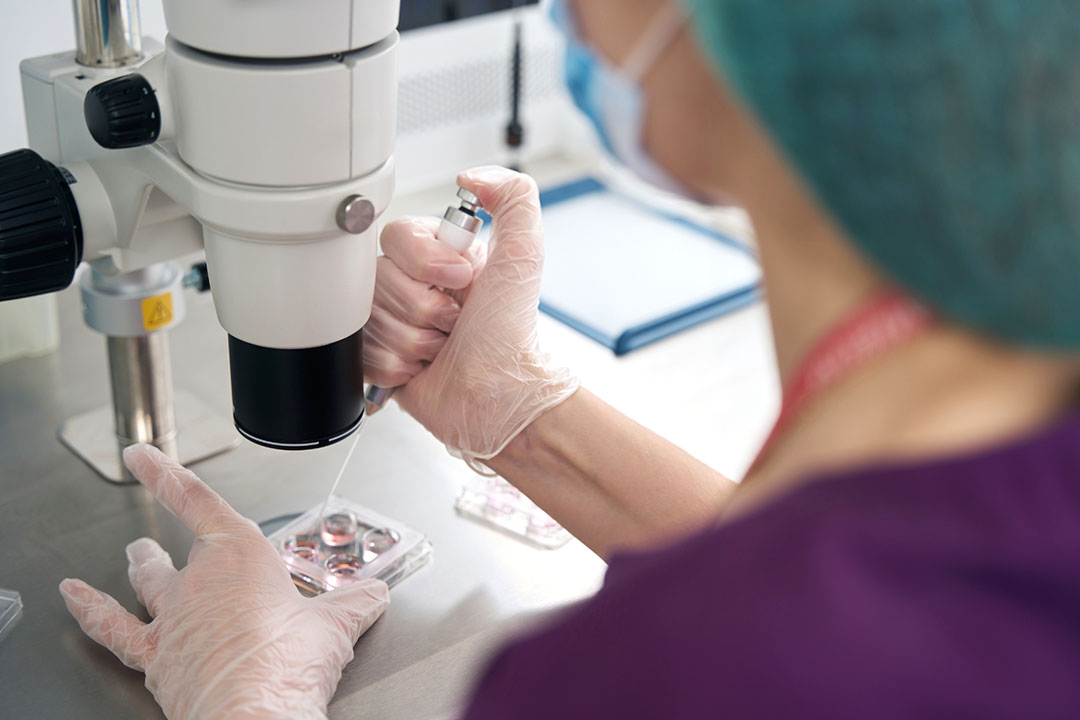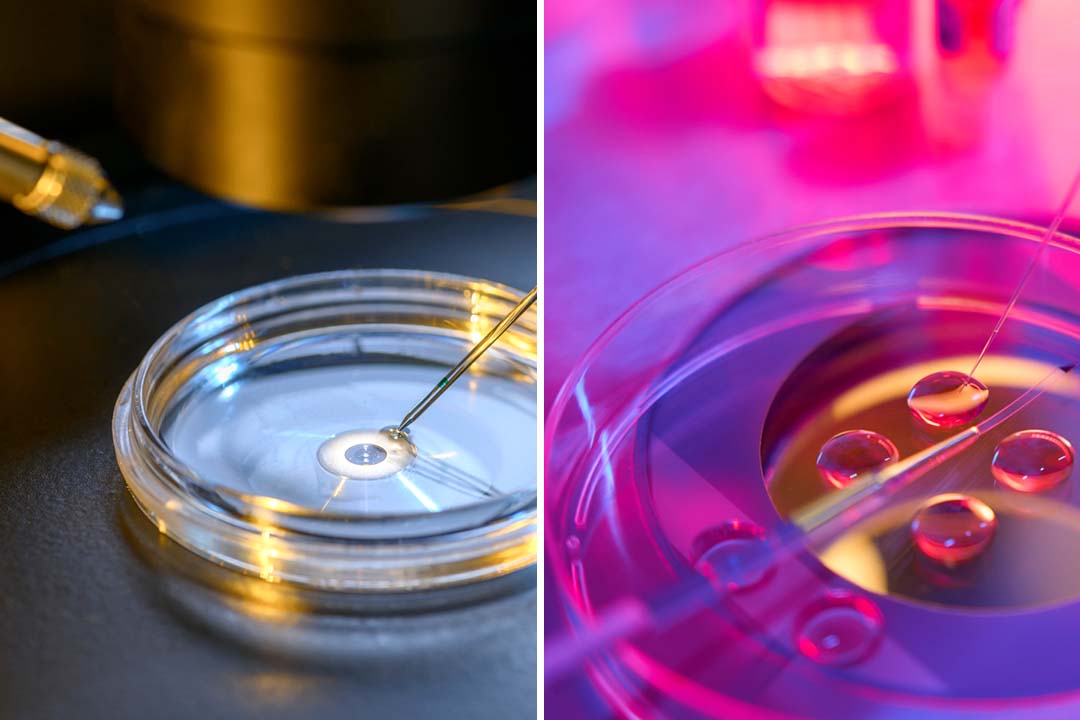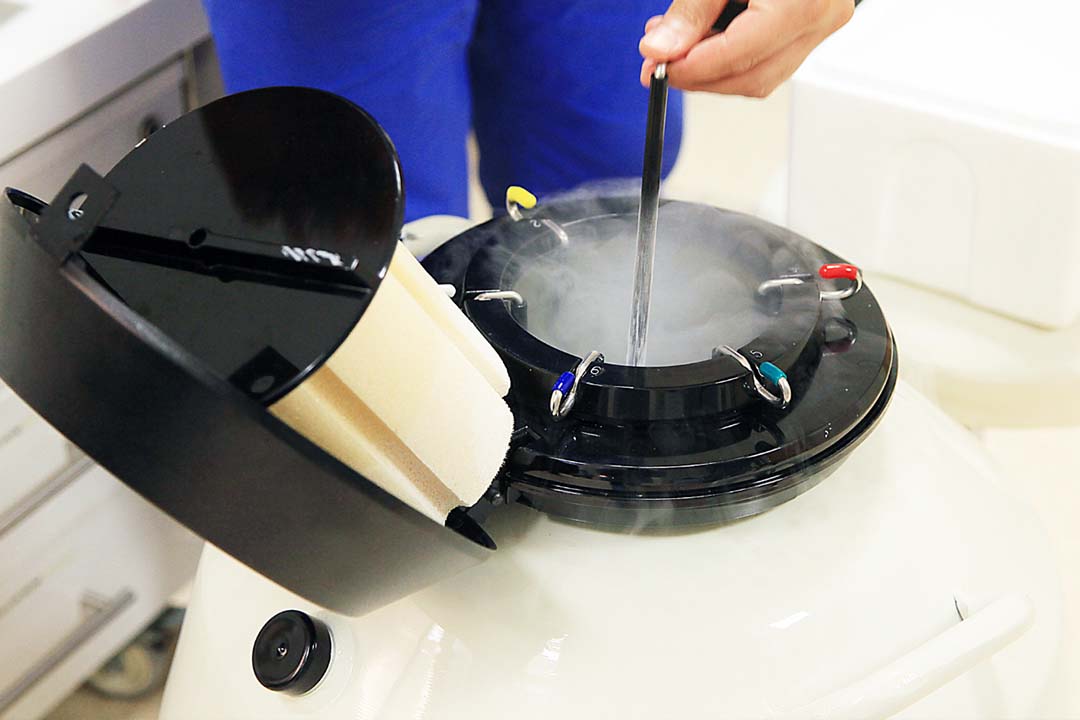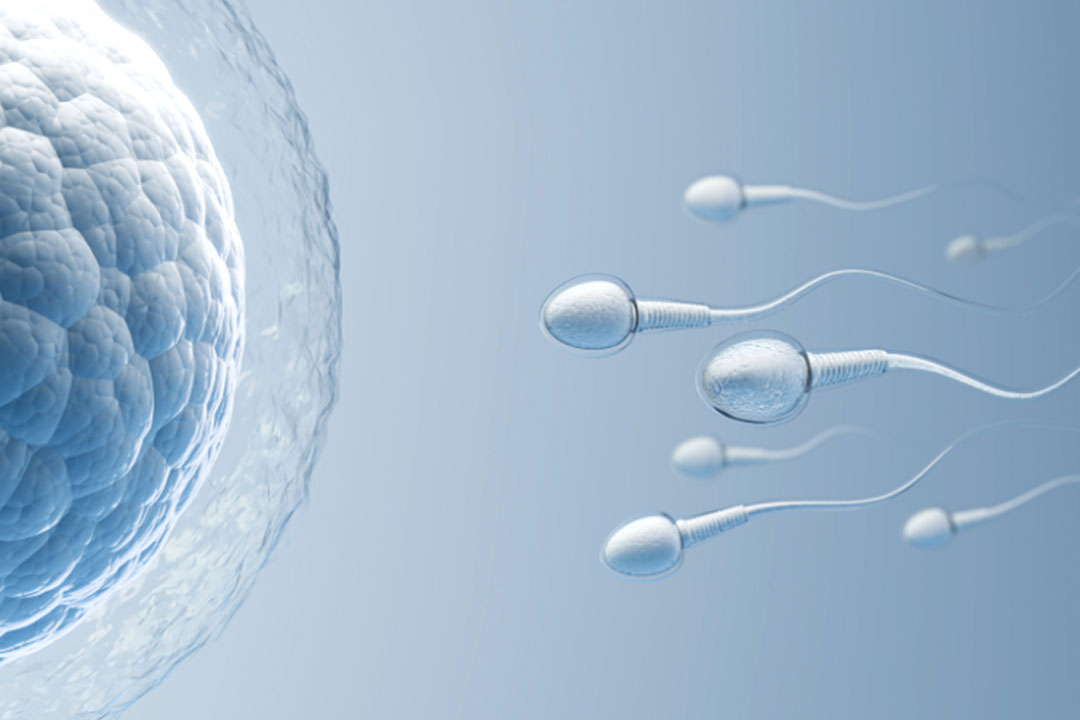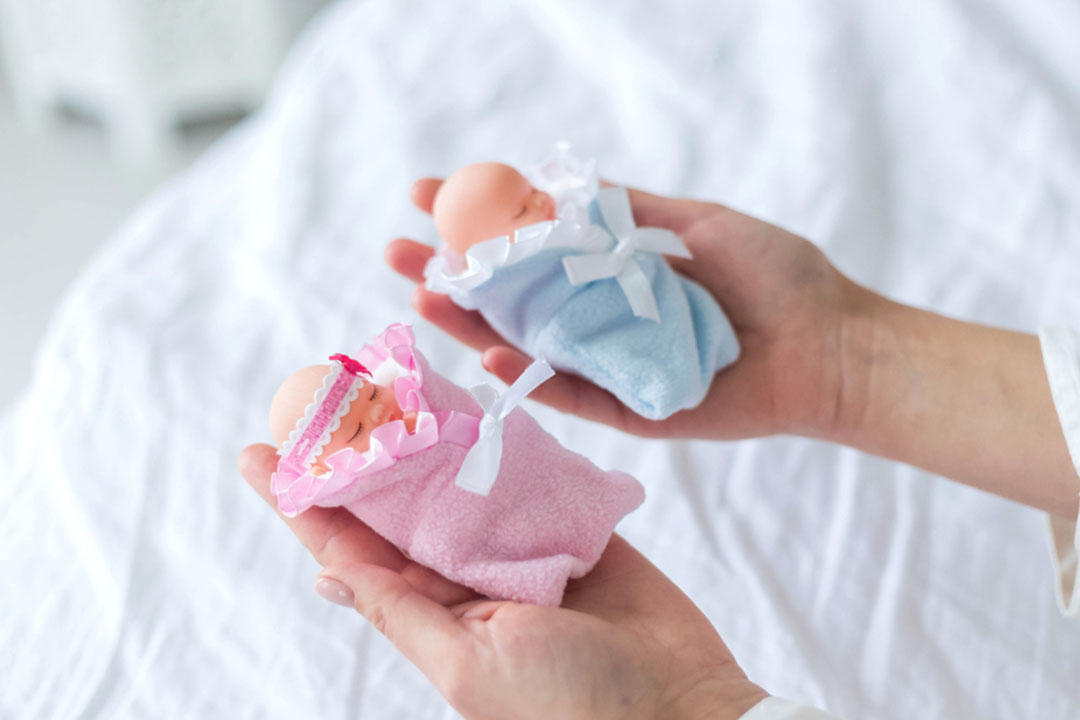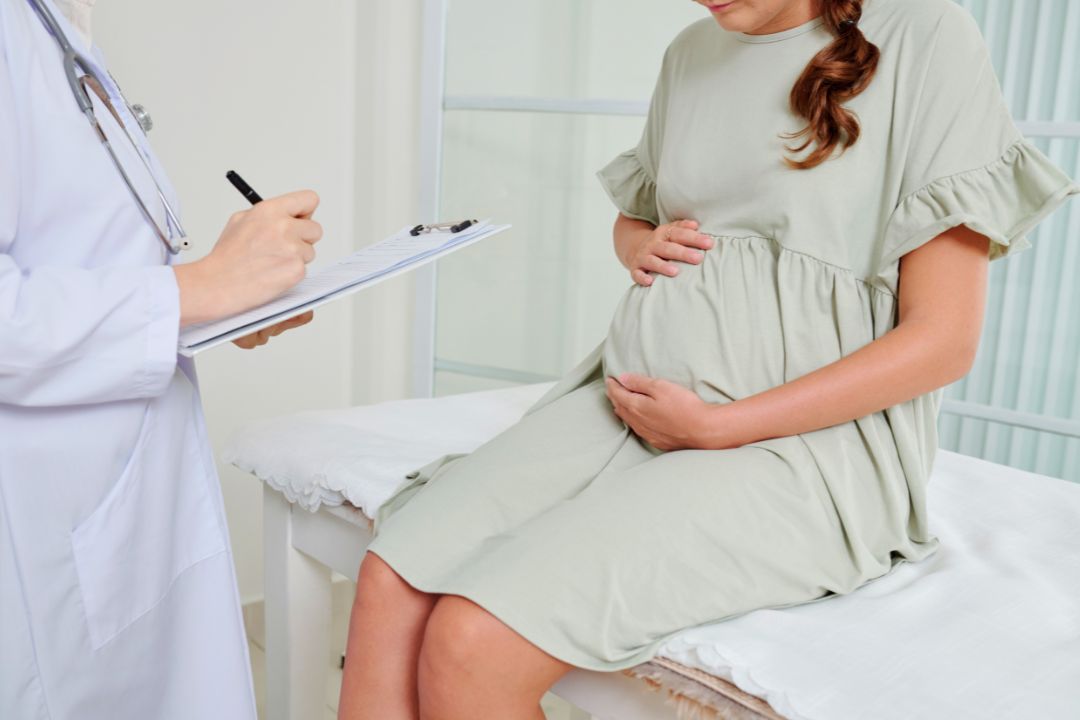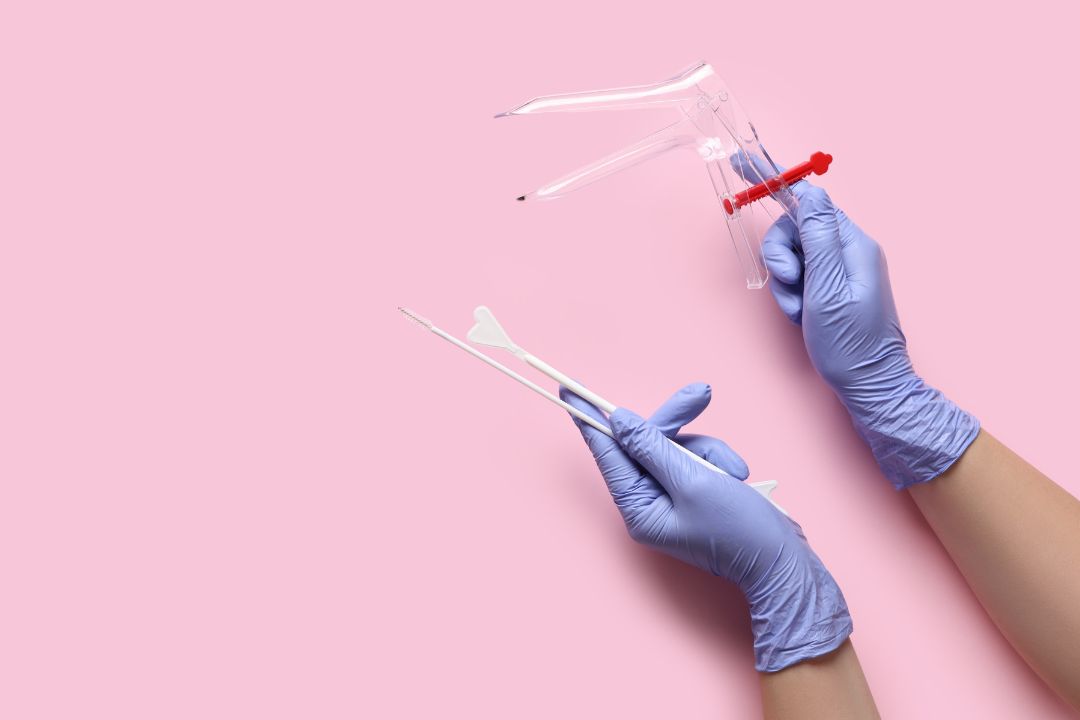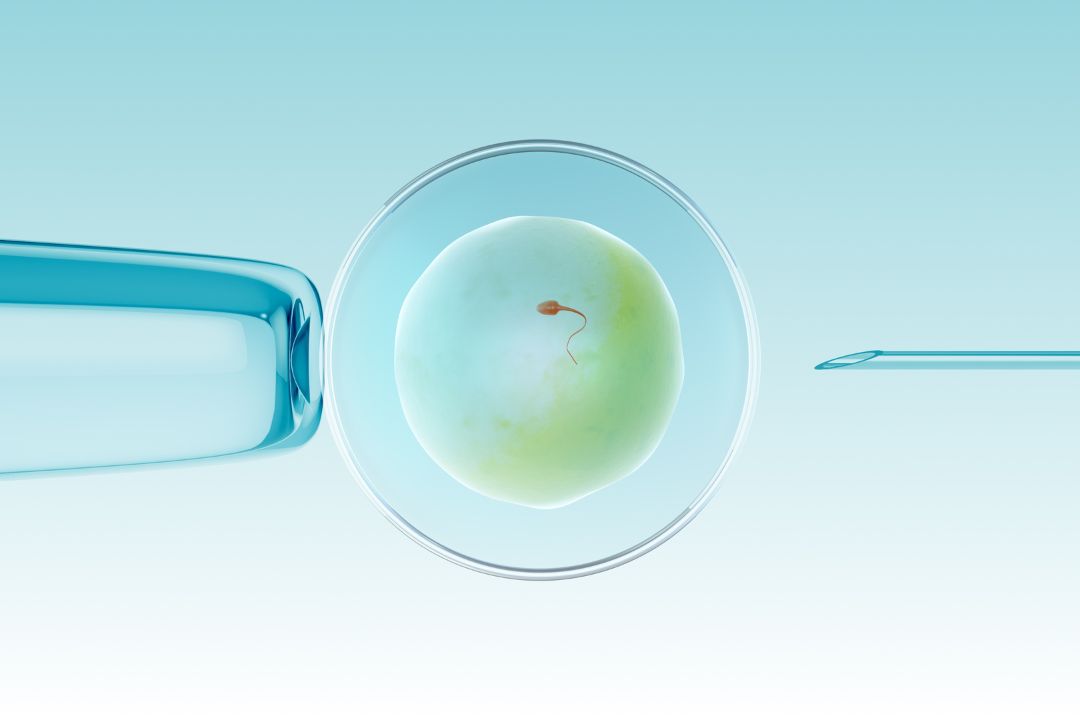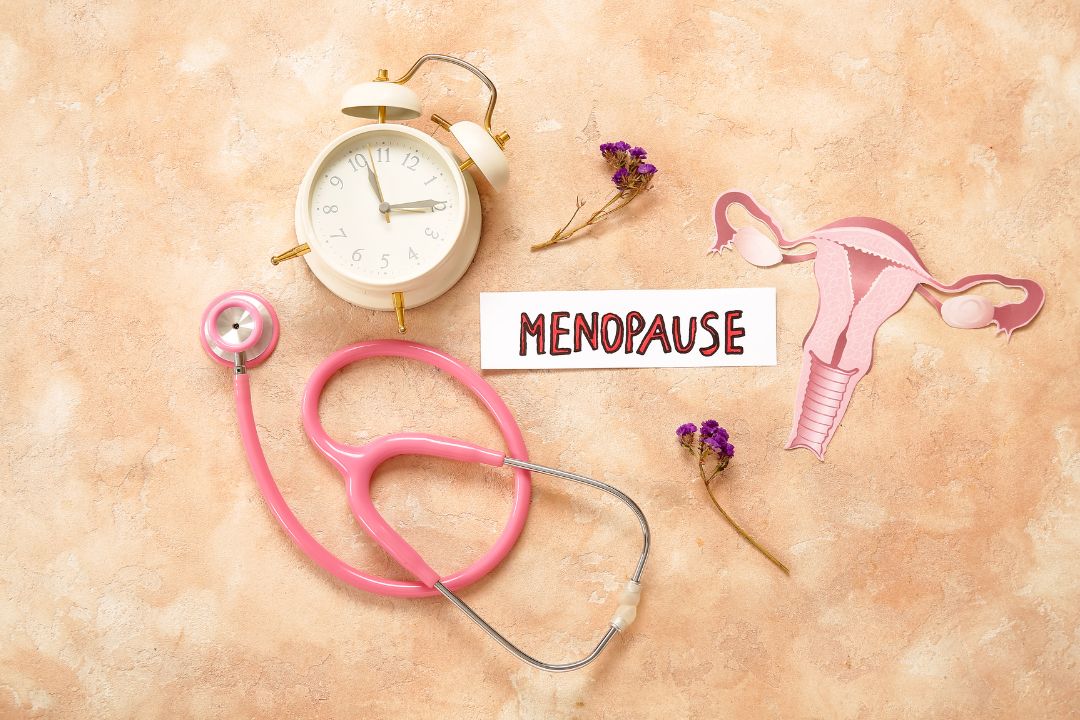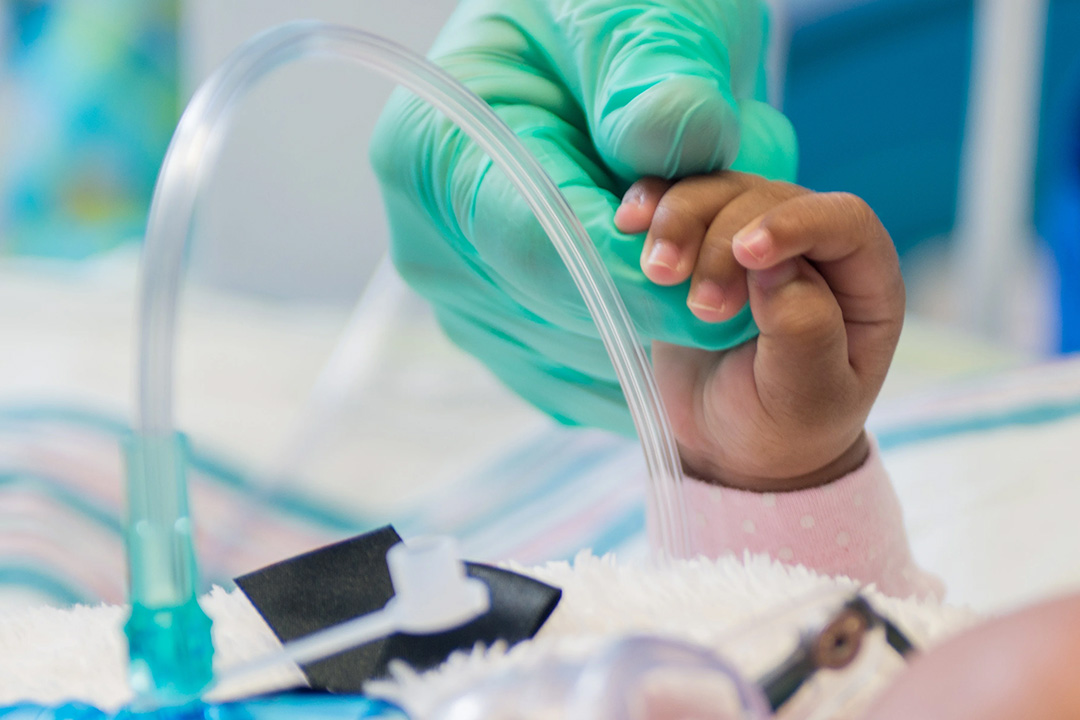Signs of Infection After Egg Retrieval: Symptoms and When to Seek Help
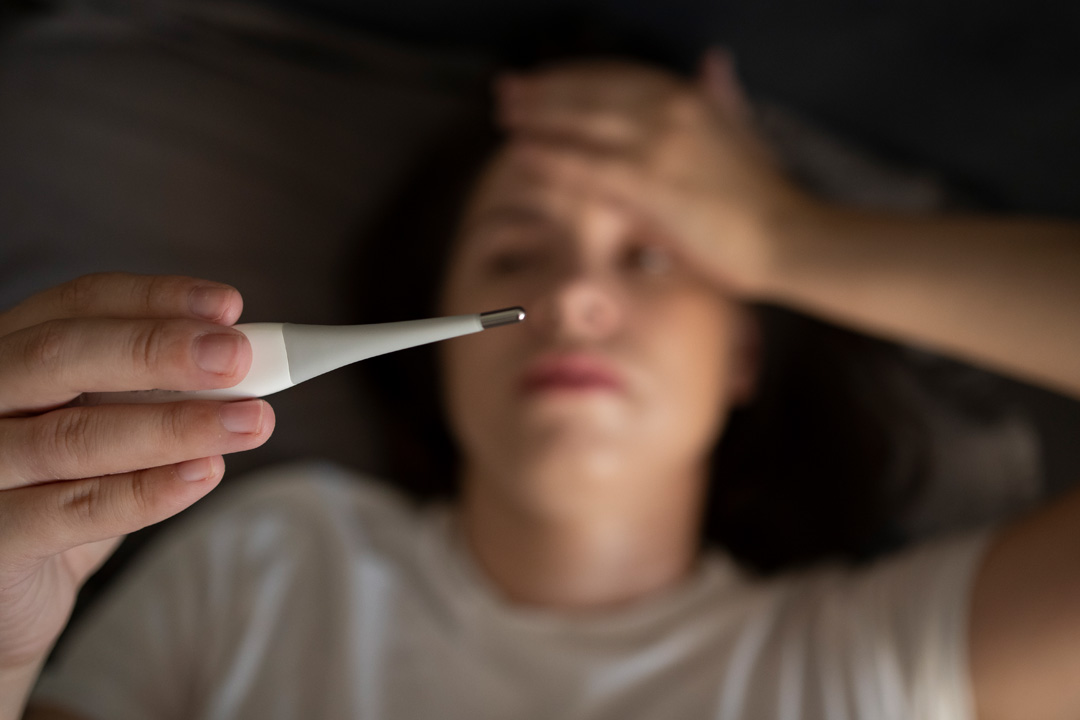
Egg retrieval is one of the most important steps in an IVF cycle. It is a short, minimally invasive procedure that usually lasts only 10–20 minutes and is completed under sedation. For most people, recovery is smooth: a day of rest, some mild bloating, and a quick return to regular routines.
There is a slight chance of getting an infection after the operation because a sterilized needle and guided ultrasonography are used. However, difficulties might occasionally arise, just as with any medical operation, and emergency care is ensured by early detection.
During an already stressful stage of the IVF process, knowing what is typical and what can indicate an infection can provide comfort. While most symptoms go away on their own, there are some warning indicators that should not be disregarded. This article explains the usual, expected side effects following egg retrieval, how infection manifests, what causes it, and when to contact your care team.
What Is Considered a Normal Recovery After Egg Retrieval?
After the retrieval, the body needs a little time to settle down from the stimulation medications and the procedure itself. Mild cramping, spotting, a sense of fullness, or bloating are all expected responses and generally resolve within a day or two.
Common and harmless post-retrieval symptoms include:
- Light vaginal spotting
- Mild abdominal cramps
- Temporary bloating
- A feeling of pelvic heaviness
- Fatigue from sedation
- Constipation from hormonal changes
- Slight nausea from the anesthesia
These sensations usually improve quickly, and most individuals resume their usual activities the next day. However, symptoms that worsen instead of improving, or those that appear a few days later, should be monitored more closely.
What Are the Signs of Infection After Egg Retrieval?
Infection after egg retrieval is very uncommon, but when it does occur, the body usually gives clear signals such as fever, increasing pain, or foul-smelling discharge. Because symptoms can overlap with normal post-procedure discomfort, it helps to know what sets infection apart.
Below are the most important signs to watch for:
1. Fever that does not go away
A persistent fever, especially anything above 38°C (100.4°F) is one of the strongest indicators of infection. Feeling slightly warm after anesthesia is normal, but this should settle within a few hours. If your temperature keeps rising or stays elevated the following day, it is best to contact your clinic.
2. Increasing pelvic or abdominal pain
Mild cramps are expected, but pain that becomes sharper, spreads, or intensifies over time is not typical. If pain medications like acetaminophen (paracetamol) provide little relief, or the pain is severe enough to interfere with standing, walking, or sleeping, medical evaluation is needed.
3. Foul-smelling vaginal discharge
Some spotting or light brown discharge after retrieval is part of normal healing. However, discharge with a strong odor, yellow-green color, or thick consistency can indicate infection in the vaginal canal, uterus, or pelvis.
4. Heavy bleeding
Light bleeding or spotting is common for 24–48 hours. But bleeding similar to a heavy period or passing large clots is not normal and can suggest irritation, infection, or an unrelated issue that should be addressed.
5. Severe bloating with increasing discomfort
Bloating alone is common, especially in those who produce a higher number of follicles. However, progressively worsening abdominal swelling, especially if paired with pain or shortness of breath, may signal a complication but not always an infection, but still requiring medical attention.
6. Painful urination or difficulty passing urine
Discomfort while urinating, a burning sensation, or very low urine output may indicate a urinary tract infection (UTI). Because the vaginal wall is accessed during retrieval, nearby structures can occasionally become irritated.
7. Nausea and vomiting that continue beyond the day of the procedure
Mild nausea after anesthesia is expected. But vomiting lasting into the next day, especially when paired with fever or abdominal pain, can point to infection or another complication.
8. Redness or swelling at the IV site
Sometimes the only sign of infection appears at the IV cannula area. Redness, warmth, tenderness, or pus near the injection site should be checked.
Why Can Infection Happen After Egg Retrieval?
Egg retrieval is performed under sterile conditions to minimize any risk. But rarely, bacteria that naturally live in the vaginal canal can enter deeper tissues during the procedure.
The most common reasons include:
1. Pre-existing vaginal or cervical infections
Sometimes a mild, unnoticed infection such as bacterial vaginosis or a yeast overgrowth makes the reproductive tract more sensitive after retrieval.
2. Bacteria introduced through the needle path
The retrieval needle passes through the vaginal wall into each follicle. If bacteria from the vagina hitch a ride, they may enter the pelvic cavity.
3. Fluid retention or inflammation
Hormonal stimulation causes the ovaries to enlarge. When inflamed tissue meets minor trauma from a needle, local irritation can create a favorable environment for infection.
4. Ovarian cysts or endometriosis
Those with certain reproductive conditions may have slightly higher susceptibility due to altered pelvic anatomy.
5. Rare immune or health factors
Diabetes, low immunity, or certain chronic conditions may increase risk.
Despite these possibilities, the actual rate of pelvic infection after retrieval remains extremely low due to modern sterile techniques and careful screening.
How Quickly Do Symptoms of Infection Appear?
Most infections show up within 24–72 hours after the procedure. However, some may take up to a week to become noticeable. This timing is useful when distinguishing normal after-effects from something requiring closer attention.
How Is an Infection Diagnosed and Treated?
Early diagnosis makes treatment straightforward. Diagnosis may include:
- A pelvic exam
- Ultrasound to check for fluid or inflammation
- Blood tests to check infection markers
- Urine test if a UTI is suspected
- Vaginal swabs if discharge is present
Treatment usually involves:
Antibiotics, either oral or, rarely, IV if the infection is more severe
- Pain relievers for comfort
- Fluids and rest
- Monitoring to ensure symptoms improve
Most individuals recover quickly once medications begin working. If symptoms feel more intense than expected or do not improve with rest and medication, it is always safer to reach out to your clinic.
How Can Infection After Egg Retrieval Be Prevented?
Although not all infections can be avoided, there are simple habits that significantly reduce risk.
- Follow pre-procedure instructions carefully. This may include avoiding intercourse, douching, or inserting anything vaginally before retrieval.
- Keep the area clean. Gentle cleaning of the outer vulvar area is enough; do not use strong soaps or internal washes.
- Avoid sexual intercourse after retrieval. Intercourse can worsen discomfort, introduce bacteria, or irritate healing tissue.
- Limit heavy exercise. High-impact activities can strain enlarged ovaries and increase inflammation.
- Stay hydrated but avoid excessive intake if advised. This helps your body recover from medication effects.
- Report unusual symptoms early. Quick communication helps prevent small issues from escalating.
When Should You Contact Your Doctor?
Seek medical advice if you experience:
- Fever over 38°C
- Severe or persistent abdominal pain
- Heavy vaginal bleeding
- Foul-smelling discharge
- Shortness of breath
- Vomiting lasting more than 24 hours
- Difficulty urinating
- Rapid abdominal swelling
Even if symptoms seem minor, your care team prefers hearing from you early rather than late.
Frequently Asked Questions
1. How common is infection after egg retrieval?
Infections are rare, occurring in a small percentage of patients. Modern sterile techniques and careful monitoring keep the risk low. Most people recover without any complications.
2. Can I reduce the risk of infection?
Yes. Following clinic instructions, avoiding intercourse, not inserting anything vaginally, and reporting symptoms early all help reduce the risk.
3. Do antibiotics affect my IVF cycle?
Standard short-term antibiotics do not interfere with embryo development or future transfers. They simply treat the infection and help recovery progress smoothly.
4. Is the pain after egg retrieval supposed to be severe?
No. Mild to moderate cramps are expected, but intense or worsening pain is not typical. Severe pain should be evaluated promptly.
5. Can infection affect my future fertility?
When treated early, post-retrieval infections usually do not have long-term effects on fertility. Delayed treatment, however, can lead to complications, which is why early recognition matters.
6. How much does IVF cost in India?
On average, a single IVF cycle in India may cost ₹1,00,000 to ₹2,50,000, depending on the city, medications, tests, and add-on procedures like ICSI or freezing.
7. Can infection delay my embryo transfer?
If infection occurs during a fresh cycle, doctors often recommend waiting until you fully heal before preparing the uterus for transfer. This ensures a healthier environment for implantation.
Conclusion
The process of retrieving eggs is safe, and the majority of patients recover without any issues. However, you may take prompt action if something seems odd if you are aware of the early indicators of infection, which include fever, increasing discomfort, excessive bleeding, or strange discharge. Throughout your recovery, follow your heart and communicate with your care team. You can navigate your IVF journey with confidence and peace of mind if you are prepared, ready, and mindful of your body.
About Us
AKsigen IVF is a premier center for advanced fertility treatments, with renowned fertility experts on our team. Specializing in IVF, ICSI, egg freezing, and other cutting-edge reproductive technologies, AKsigen IVF is committed to helping couples achieve their dream of parenthood. With personalized care and a patient-first approach, AKsigen IVF provides comprehensive fertility solutions under one roof.








